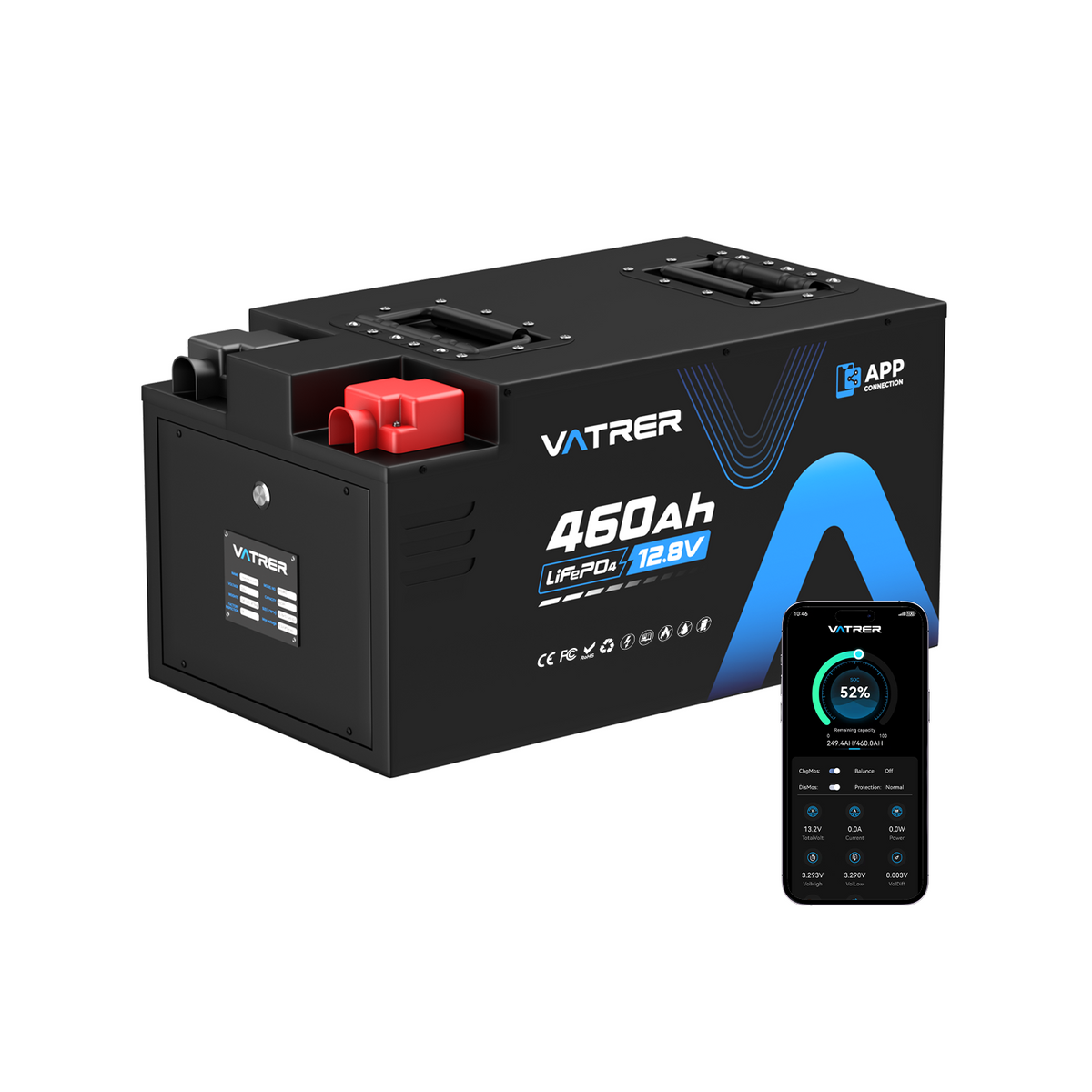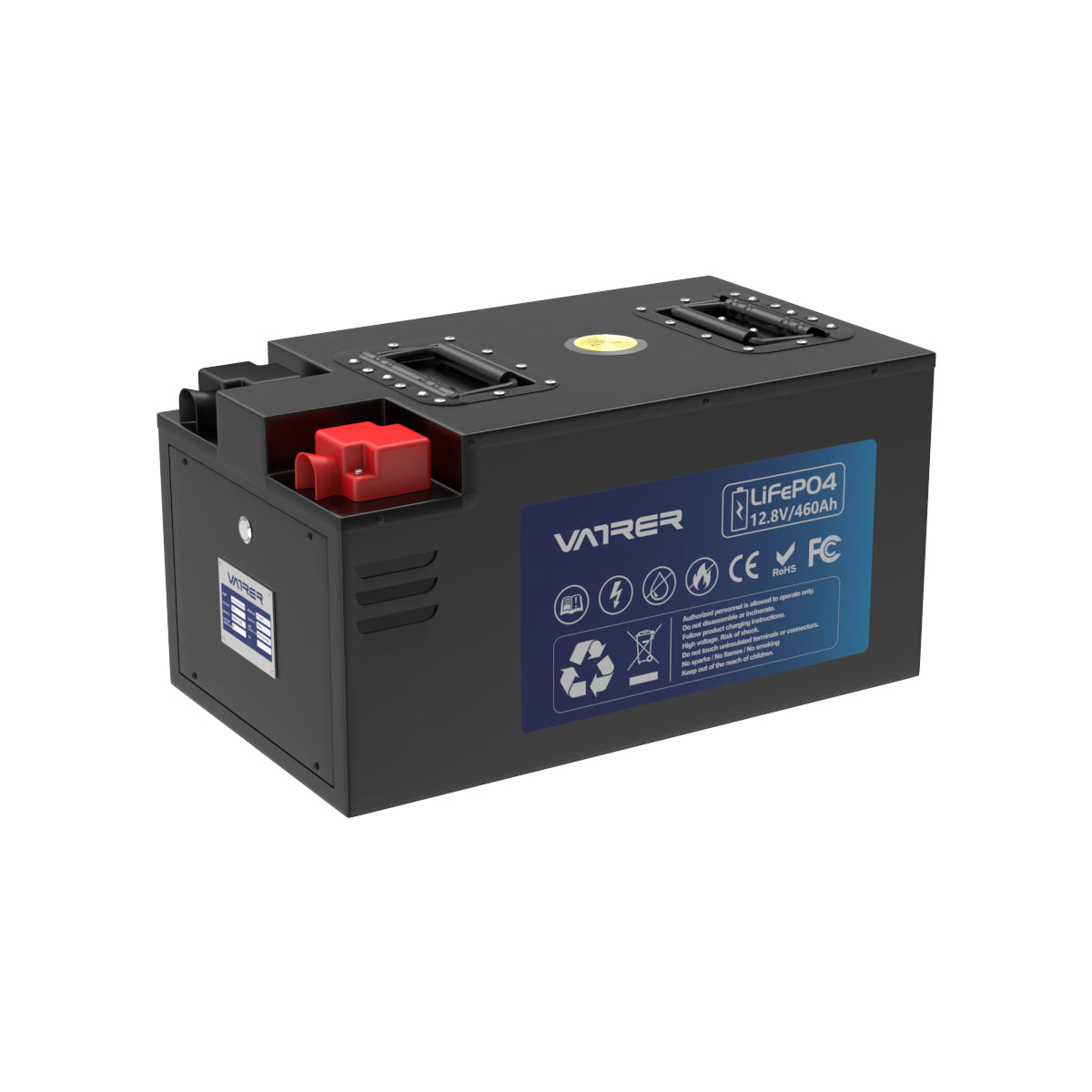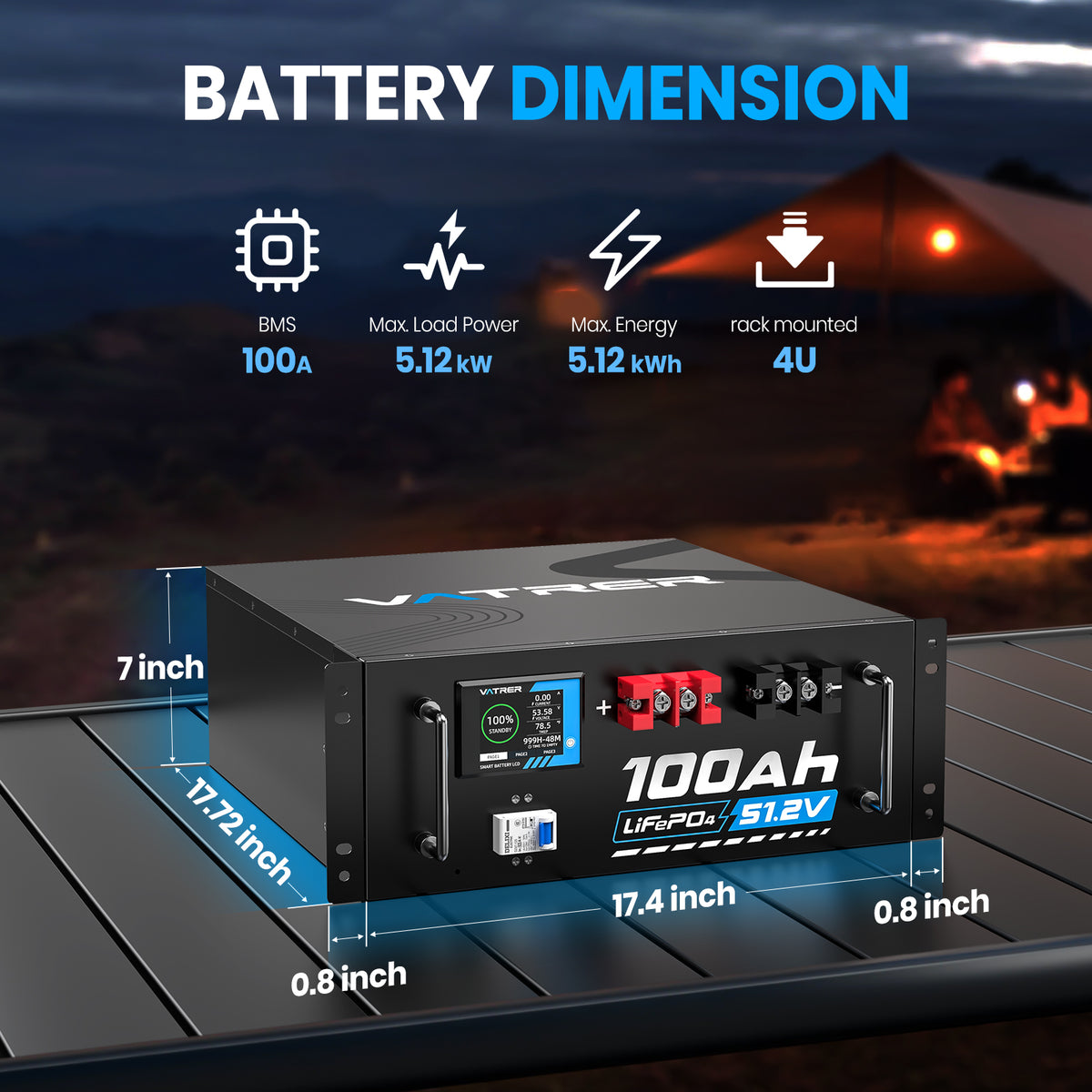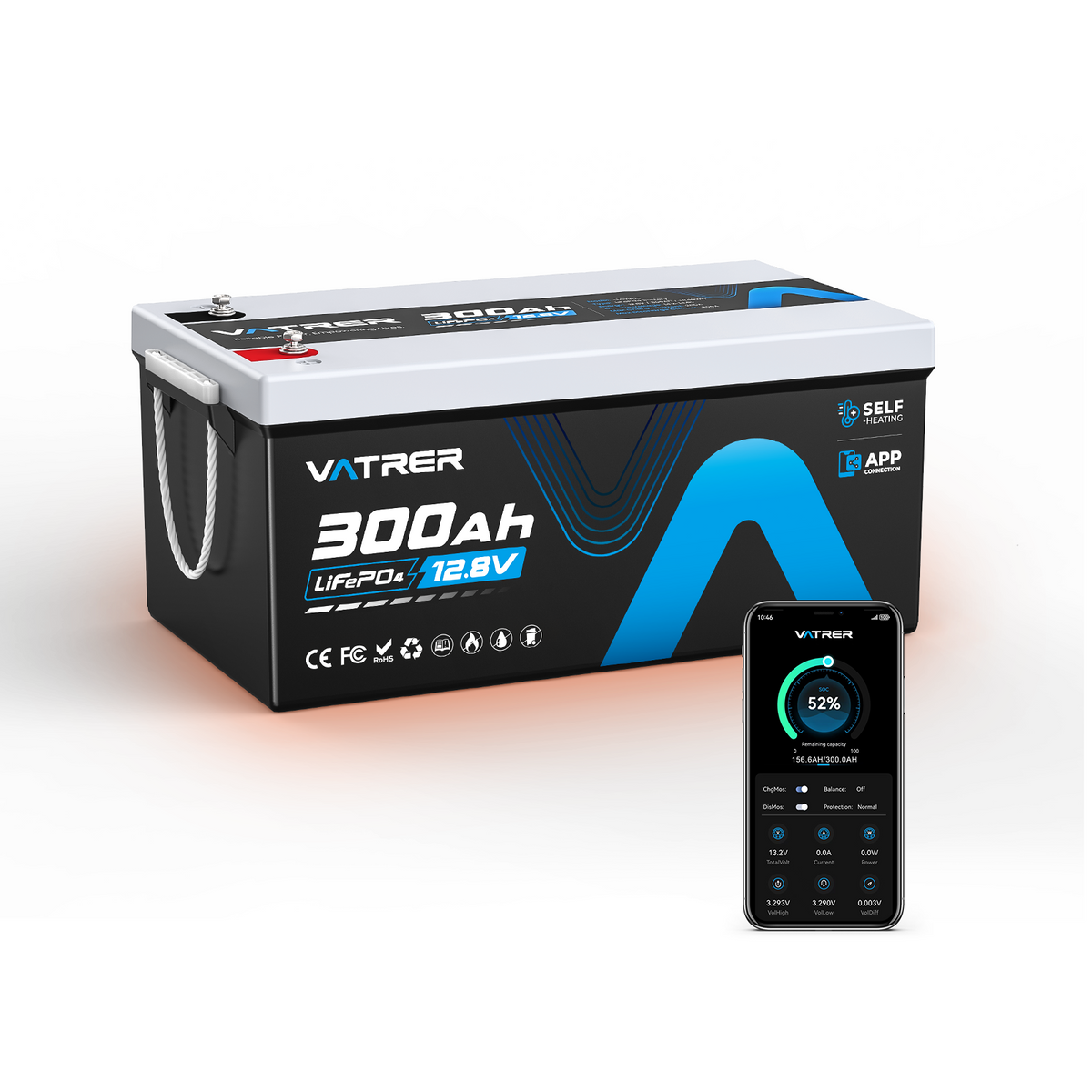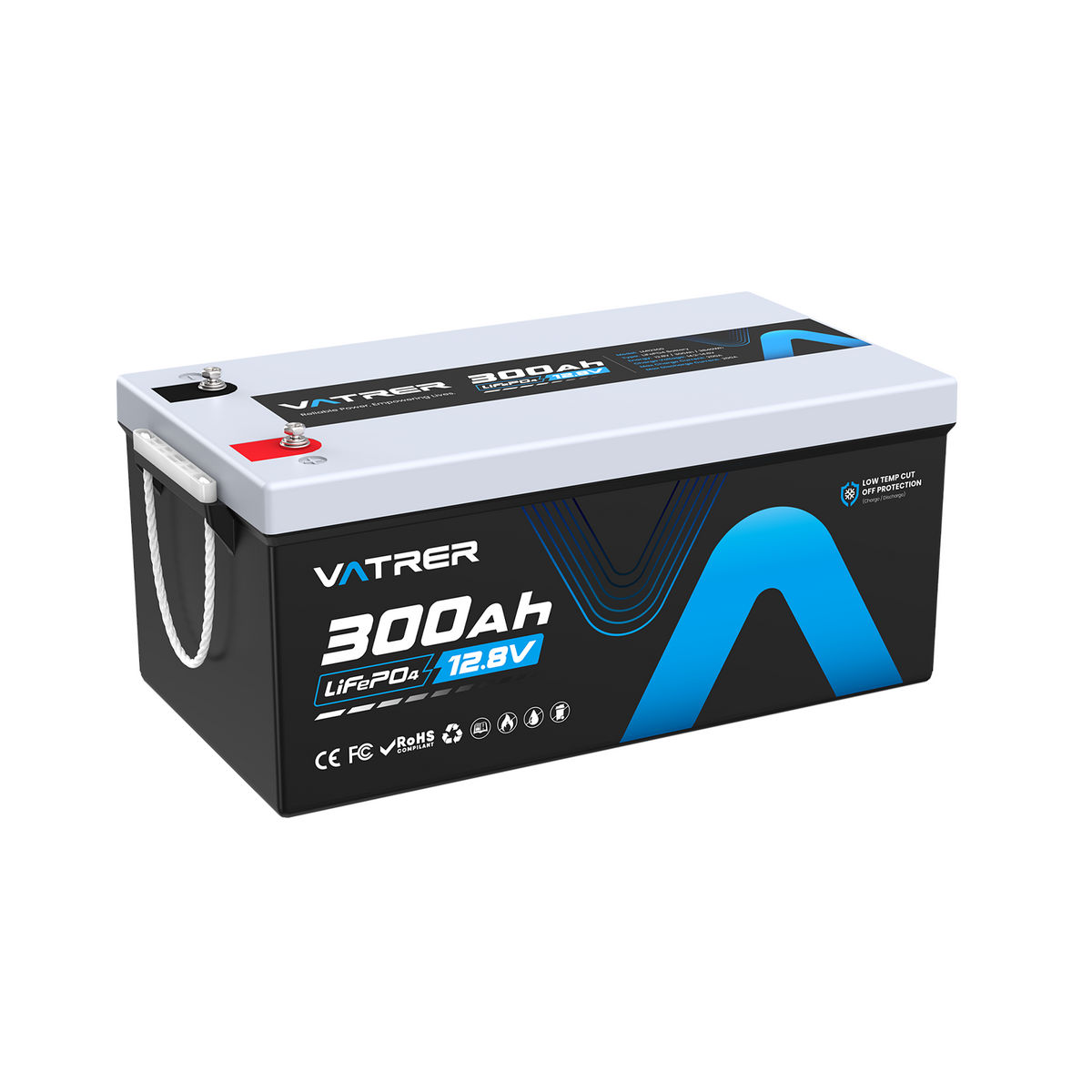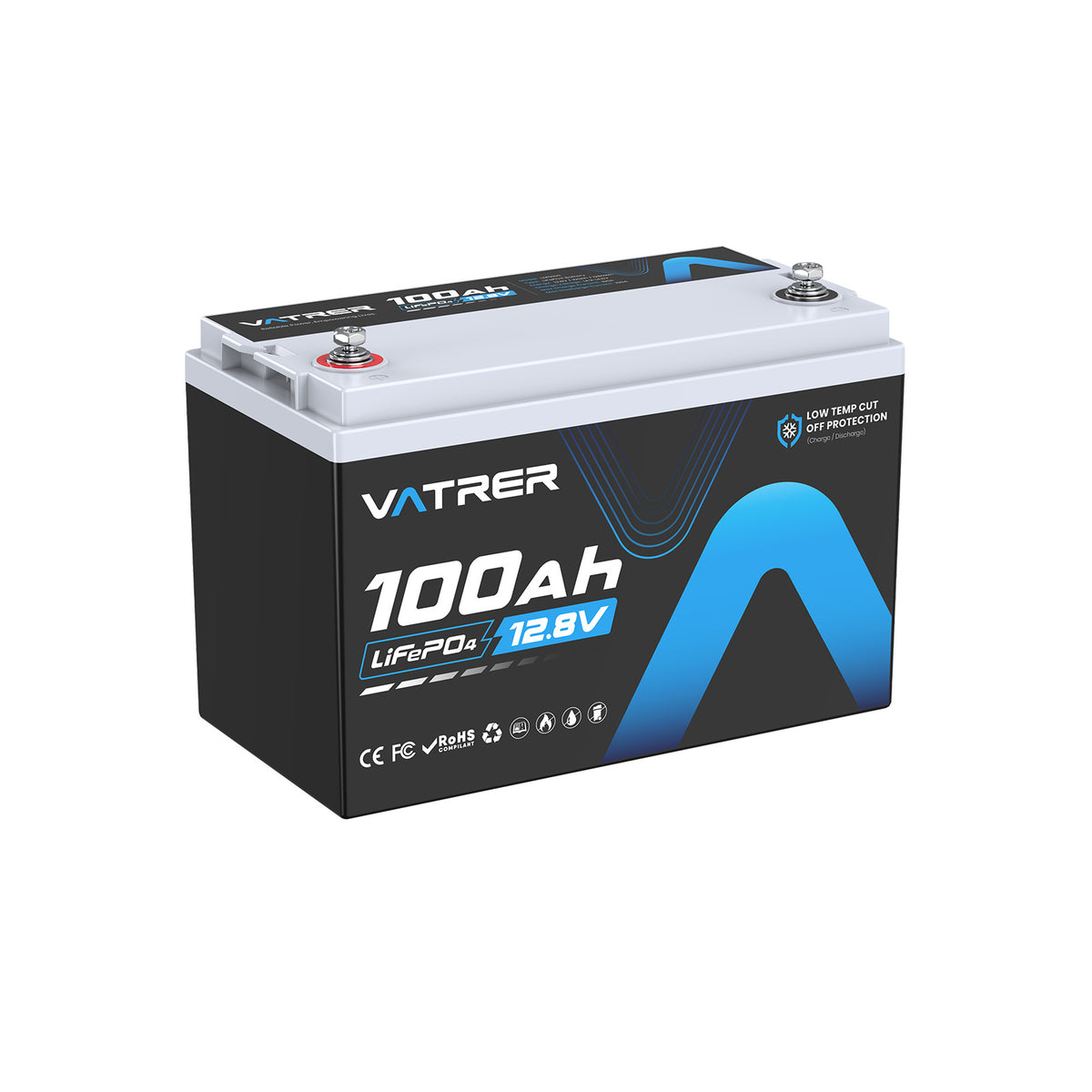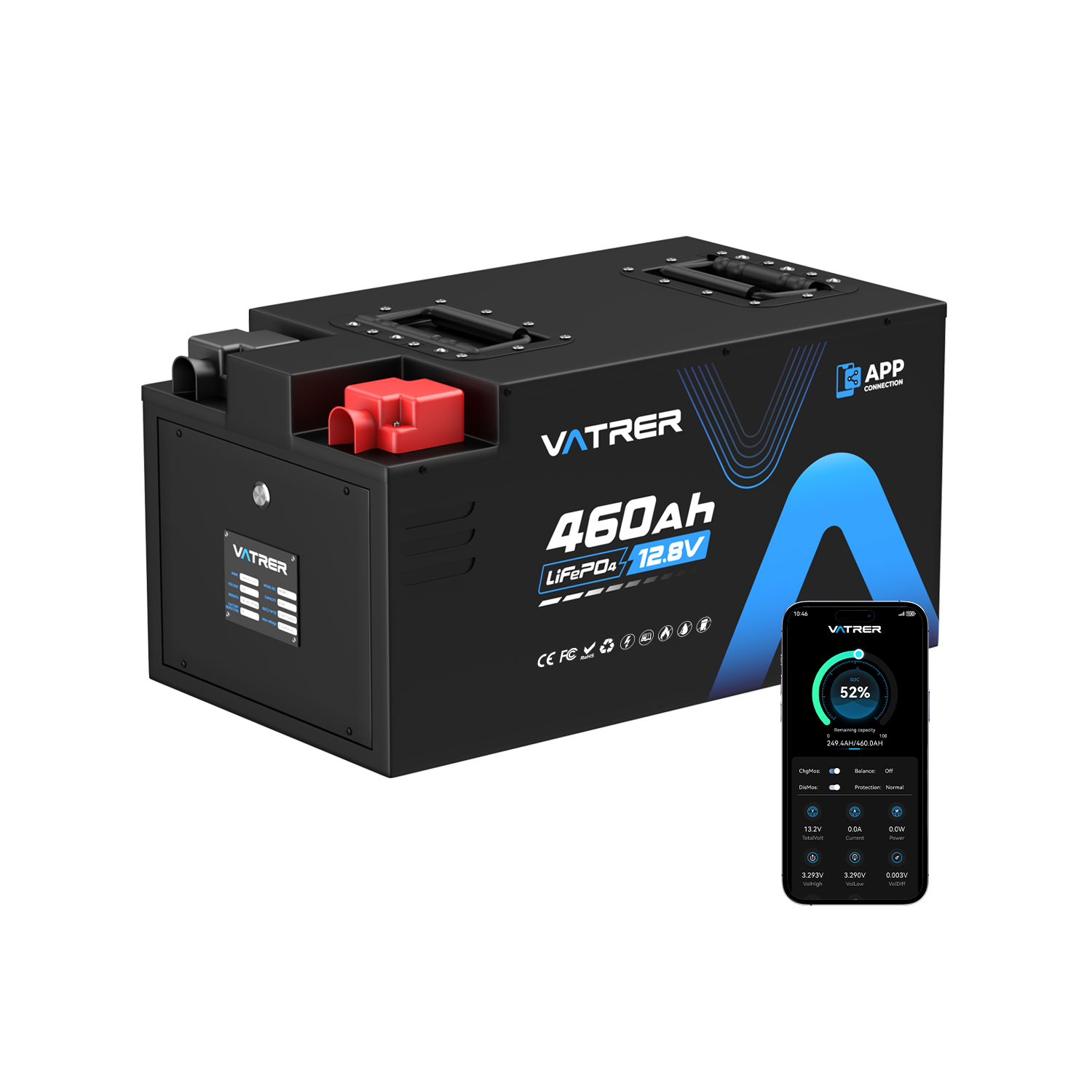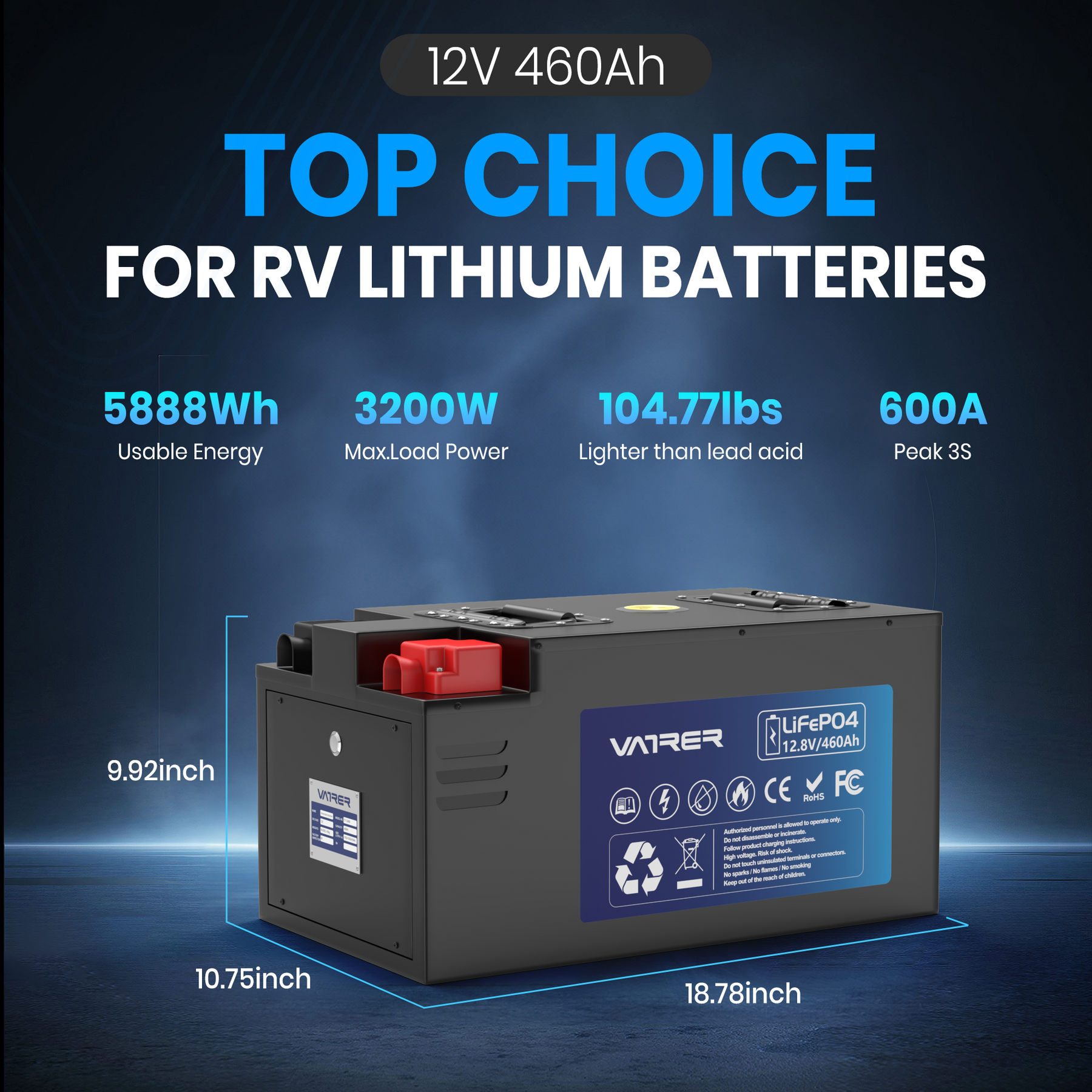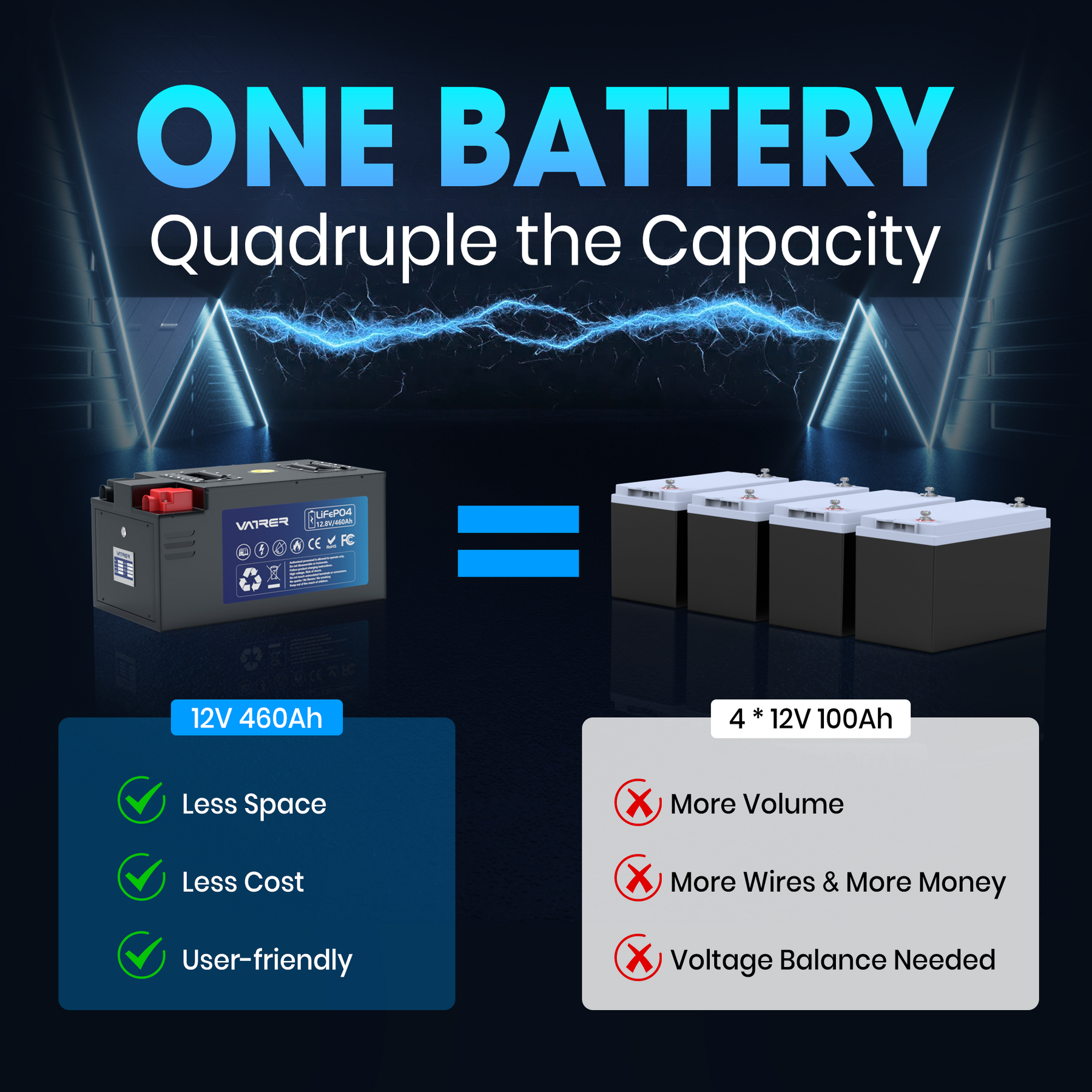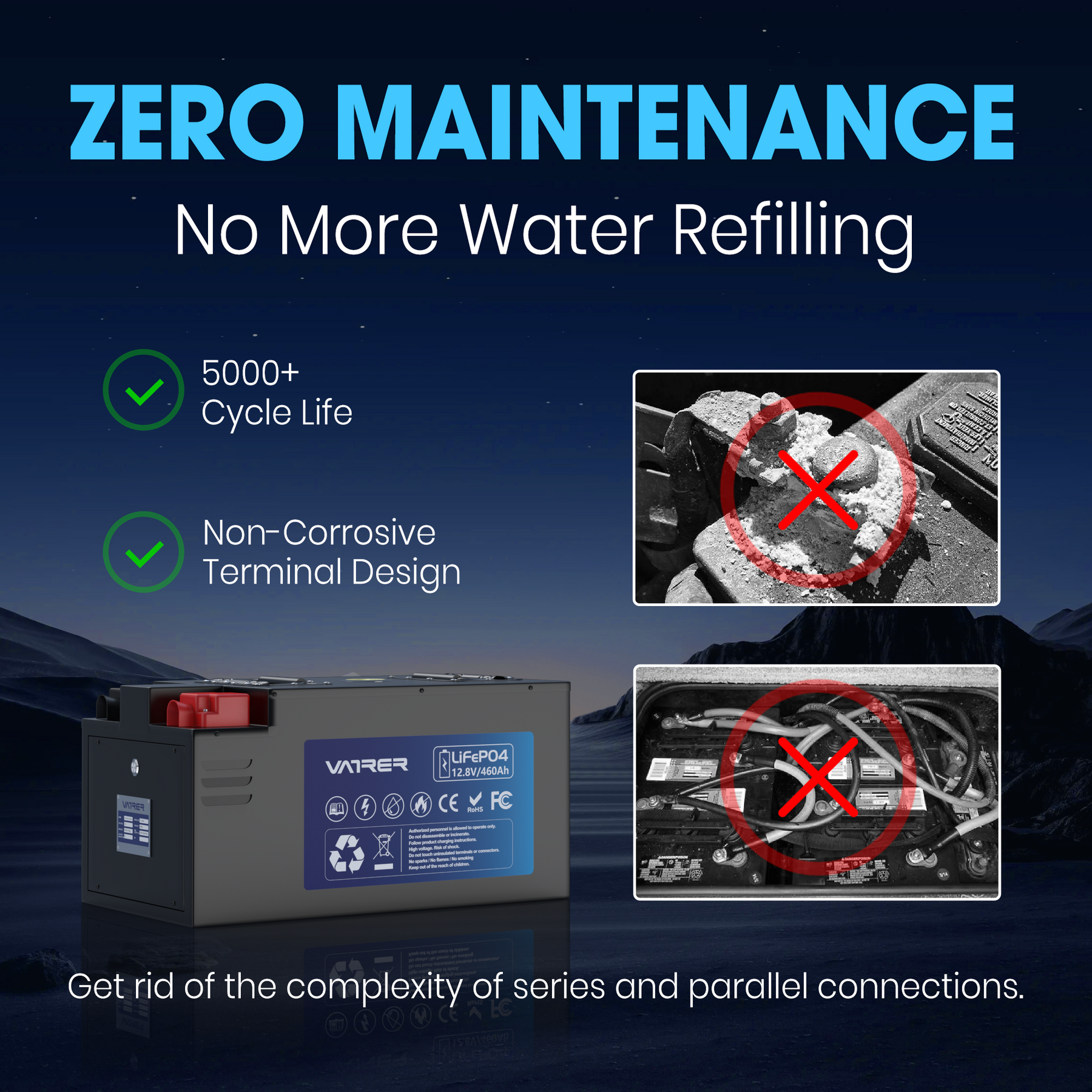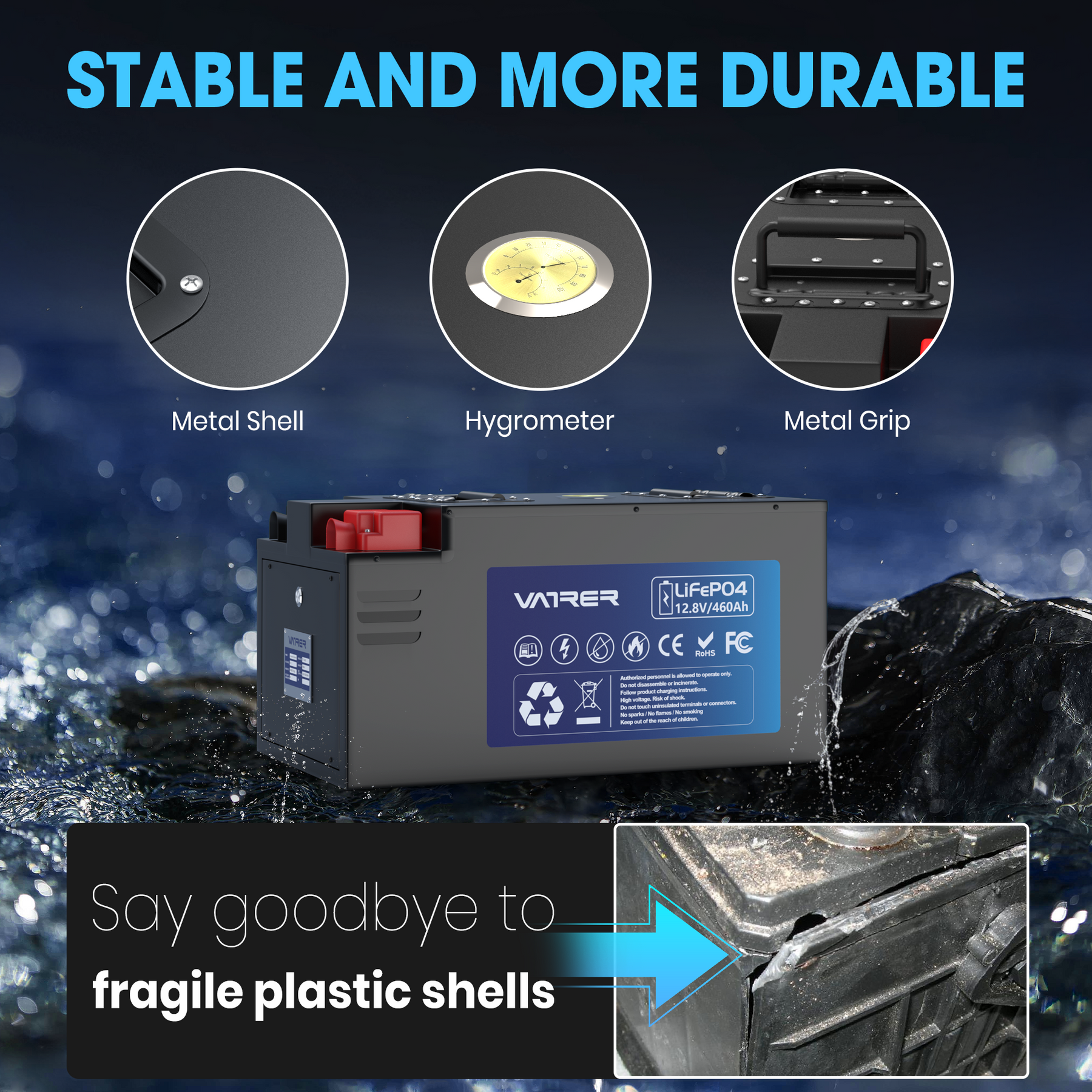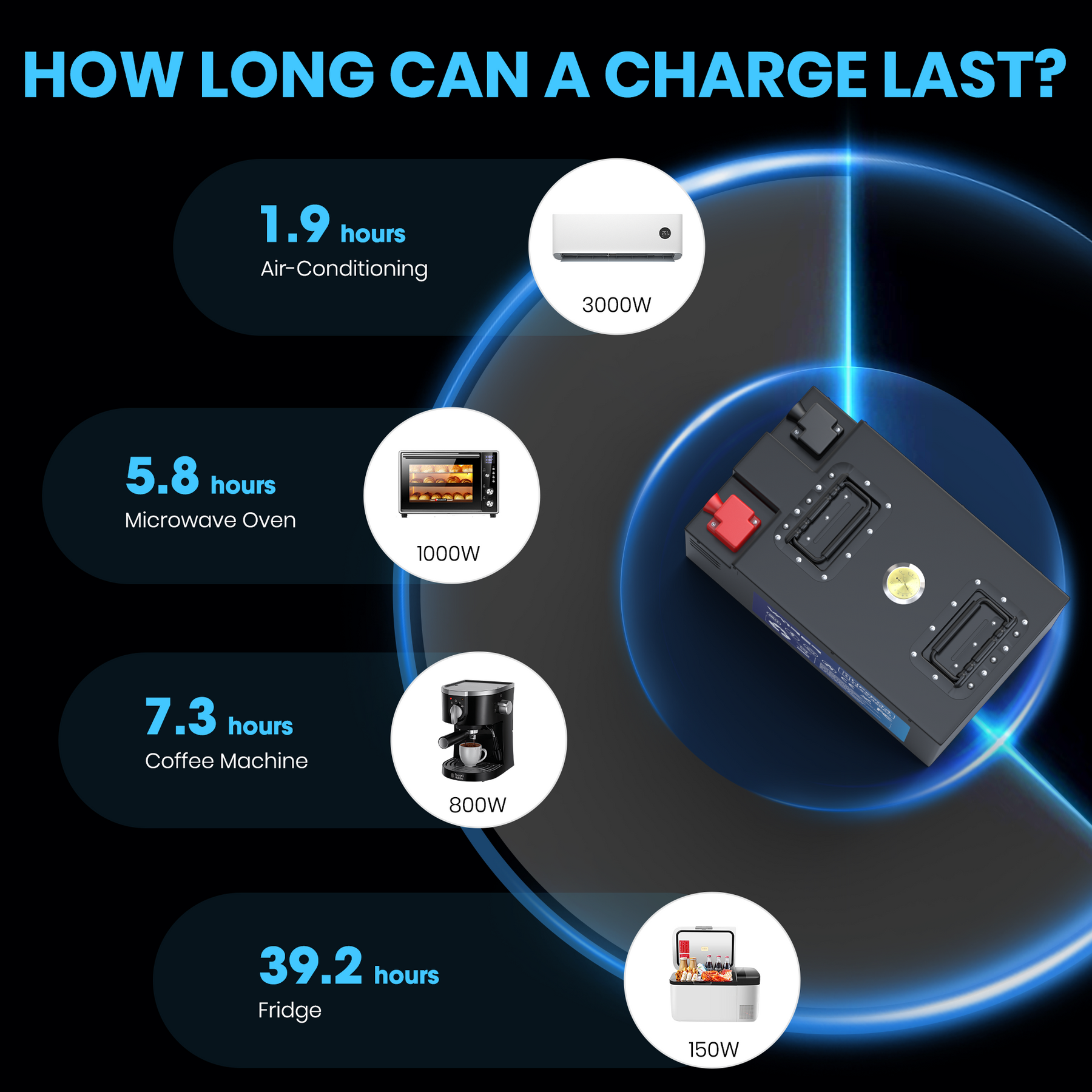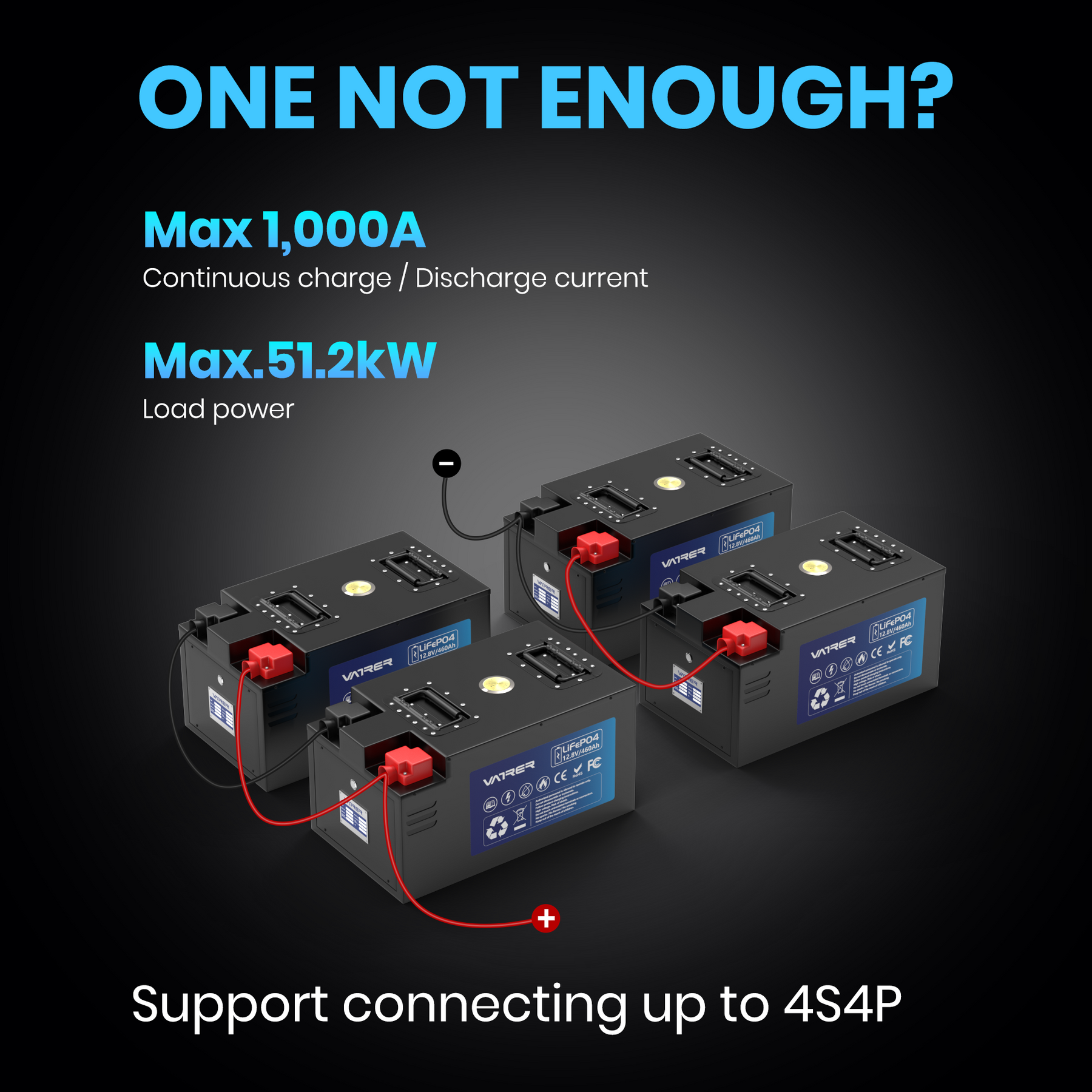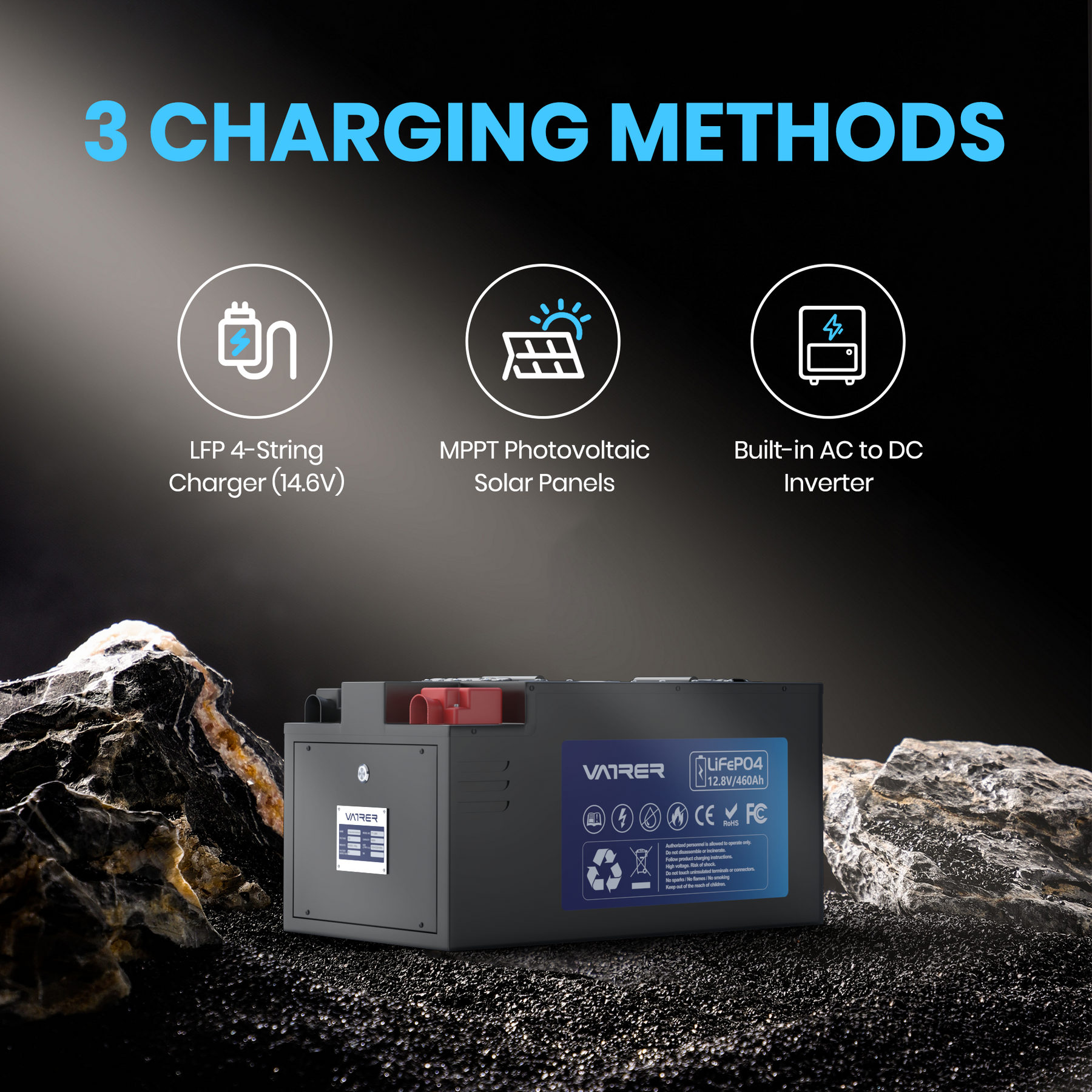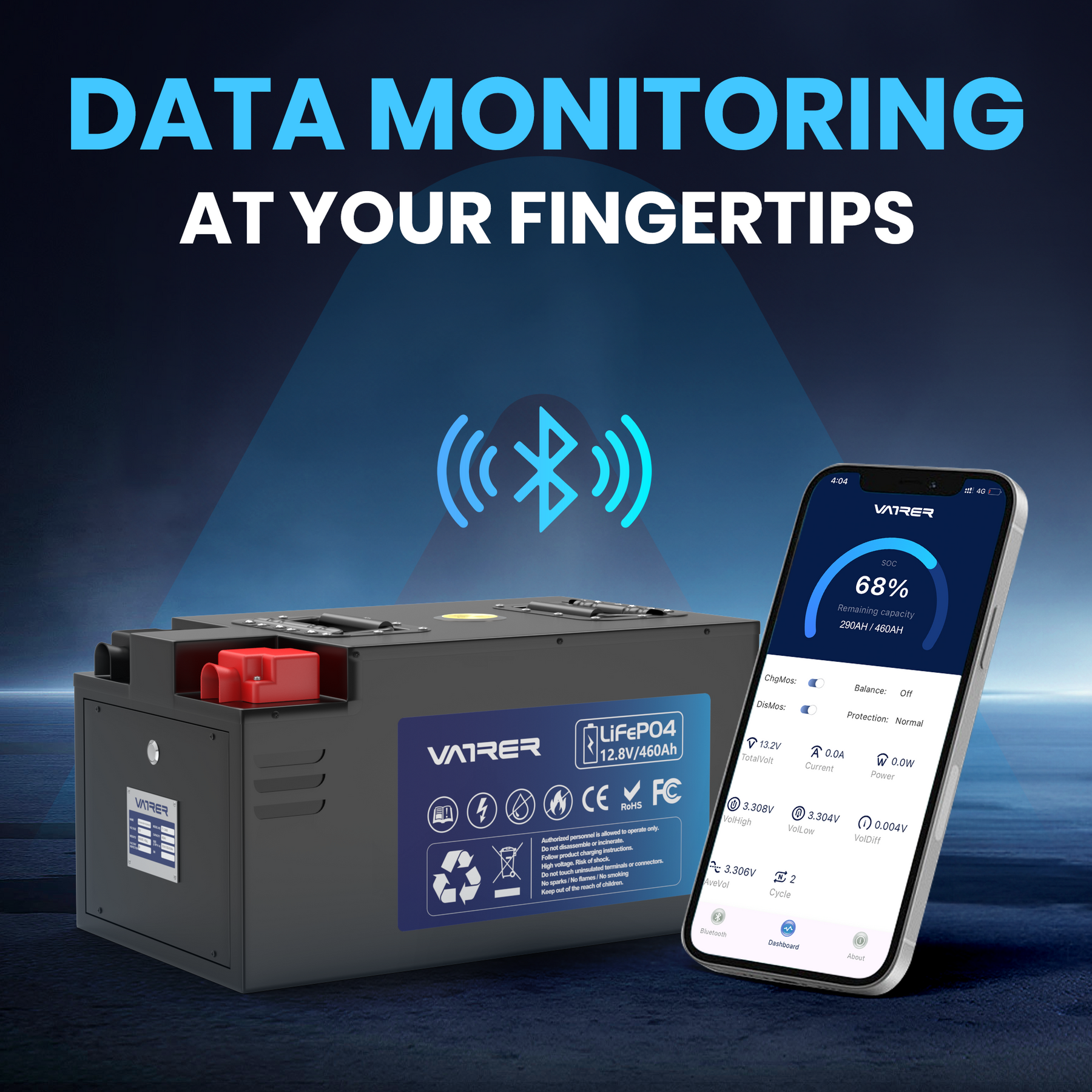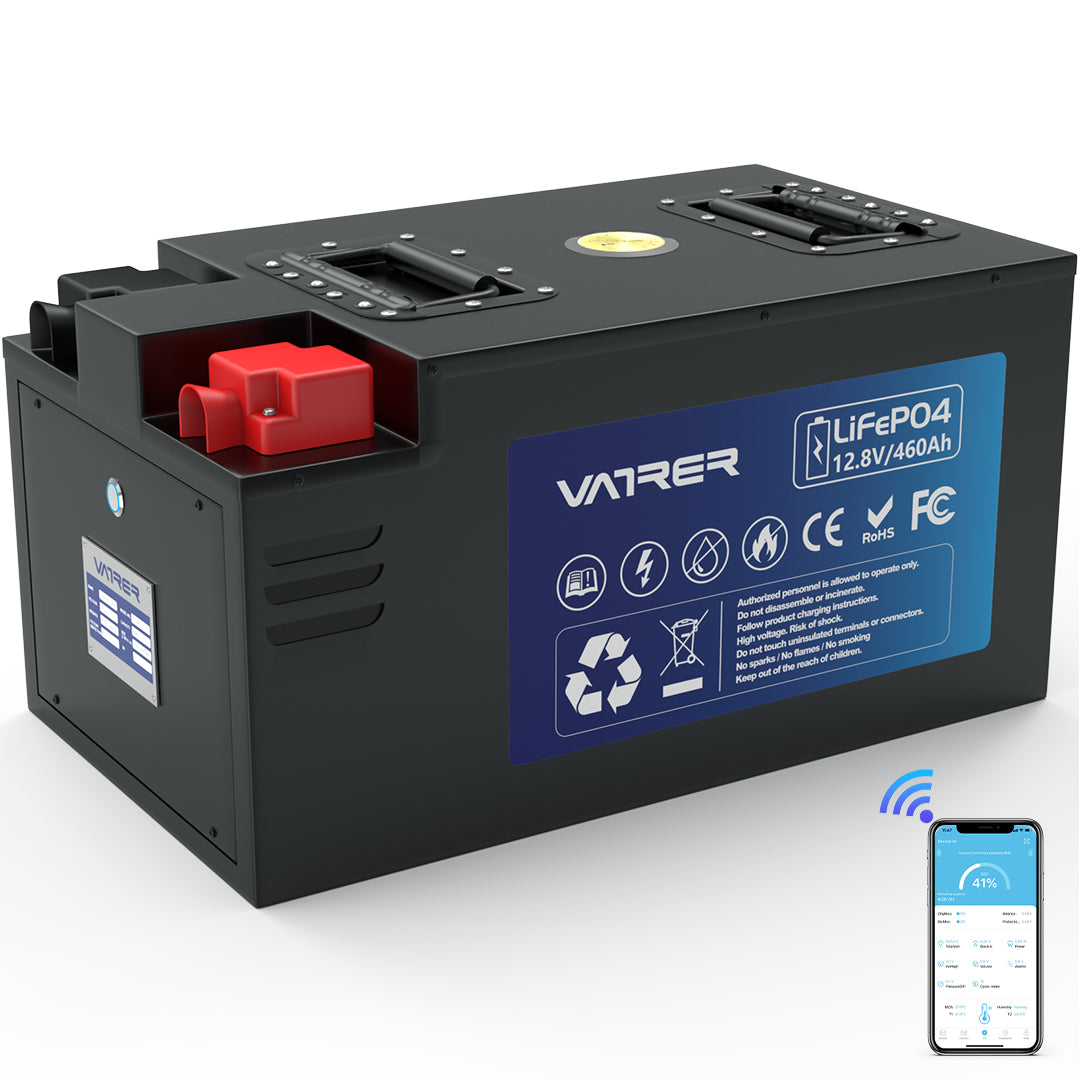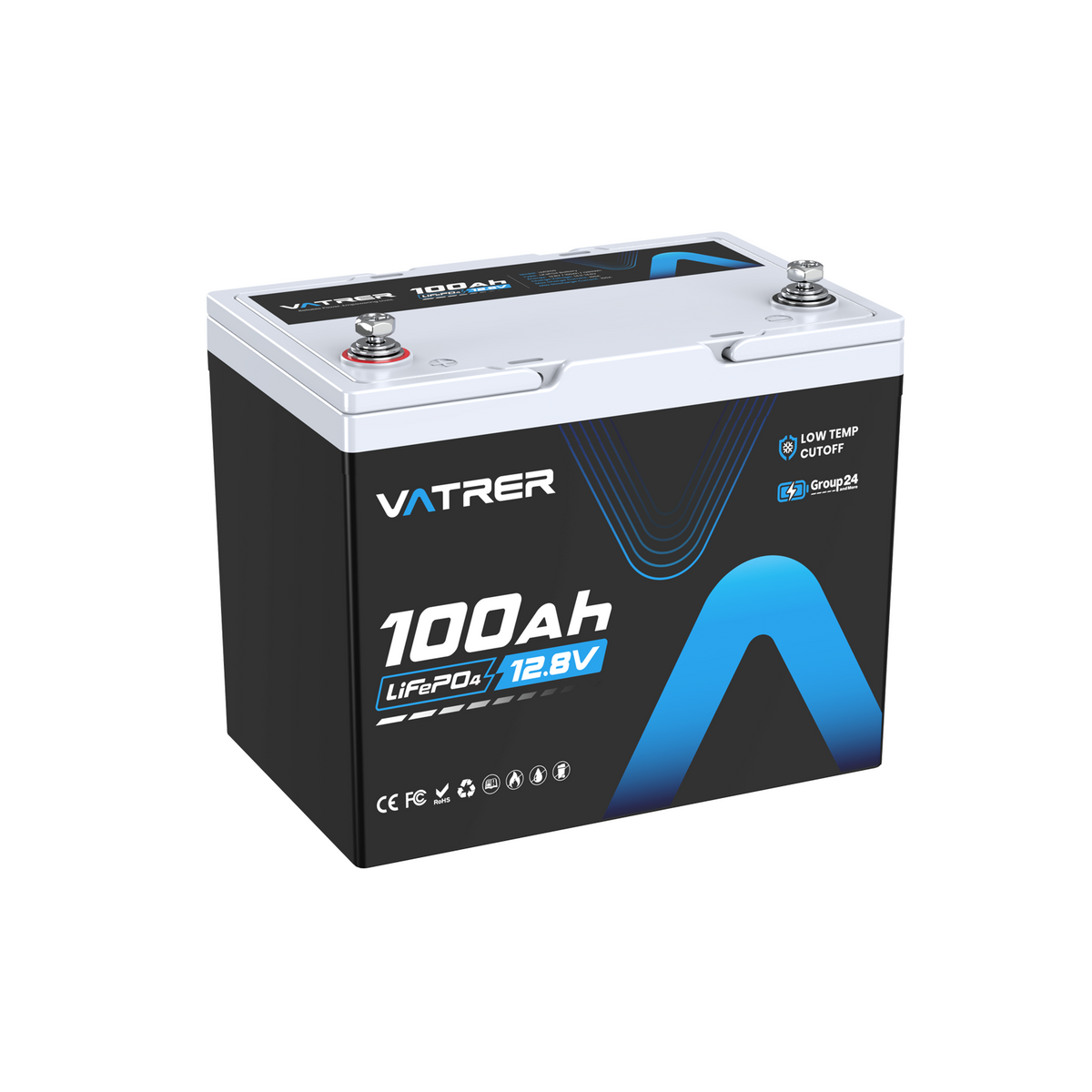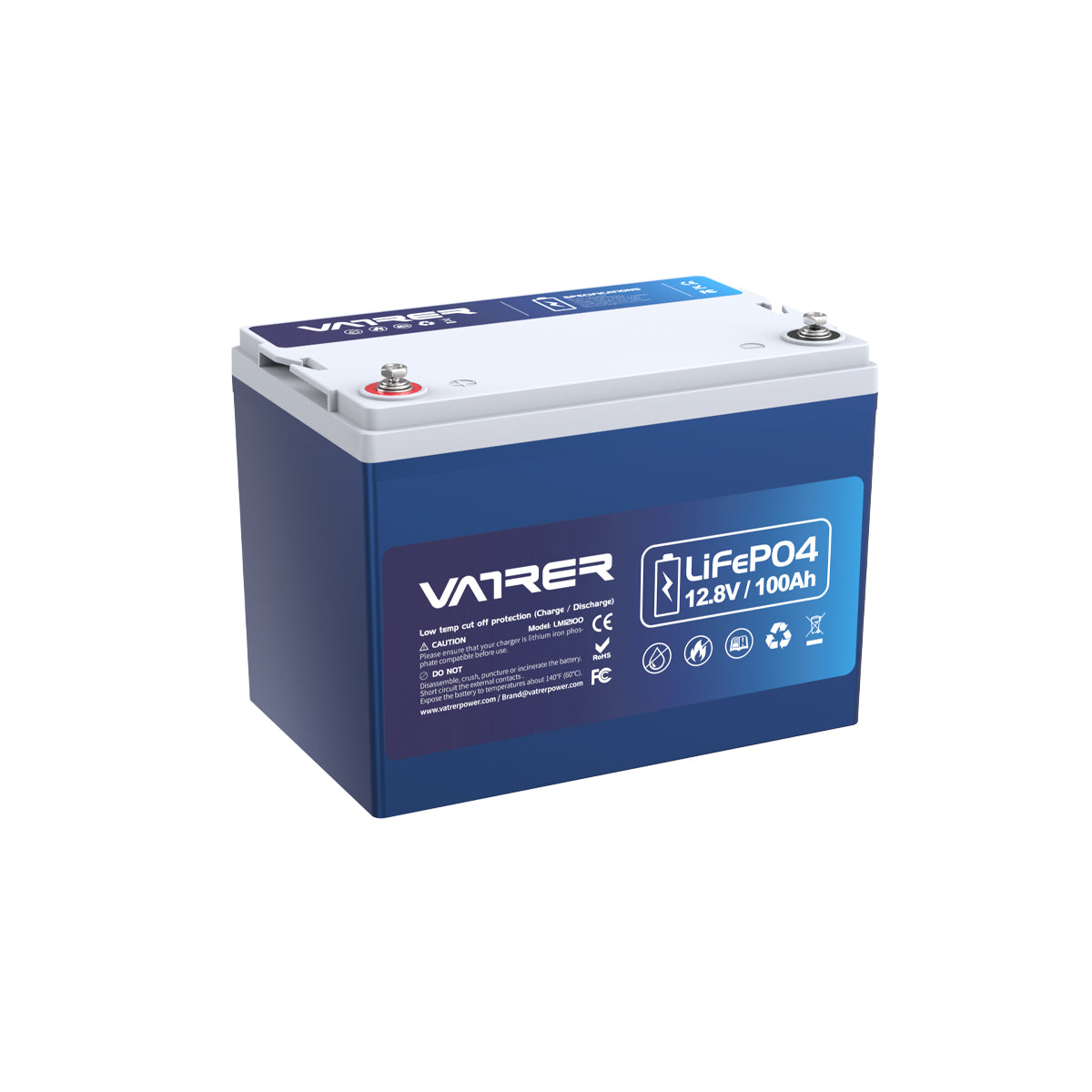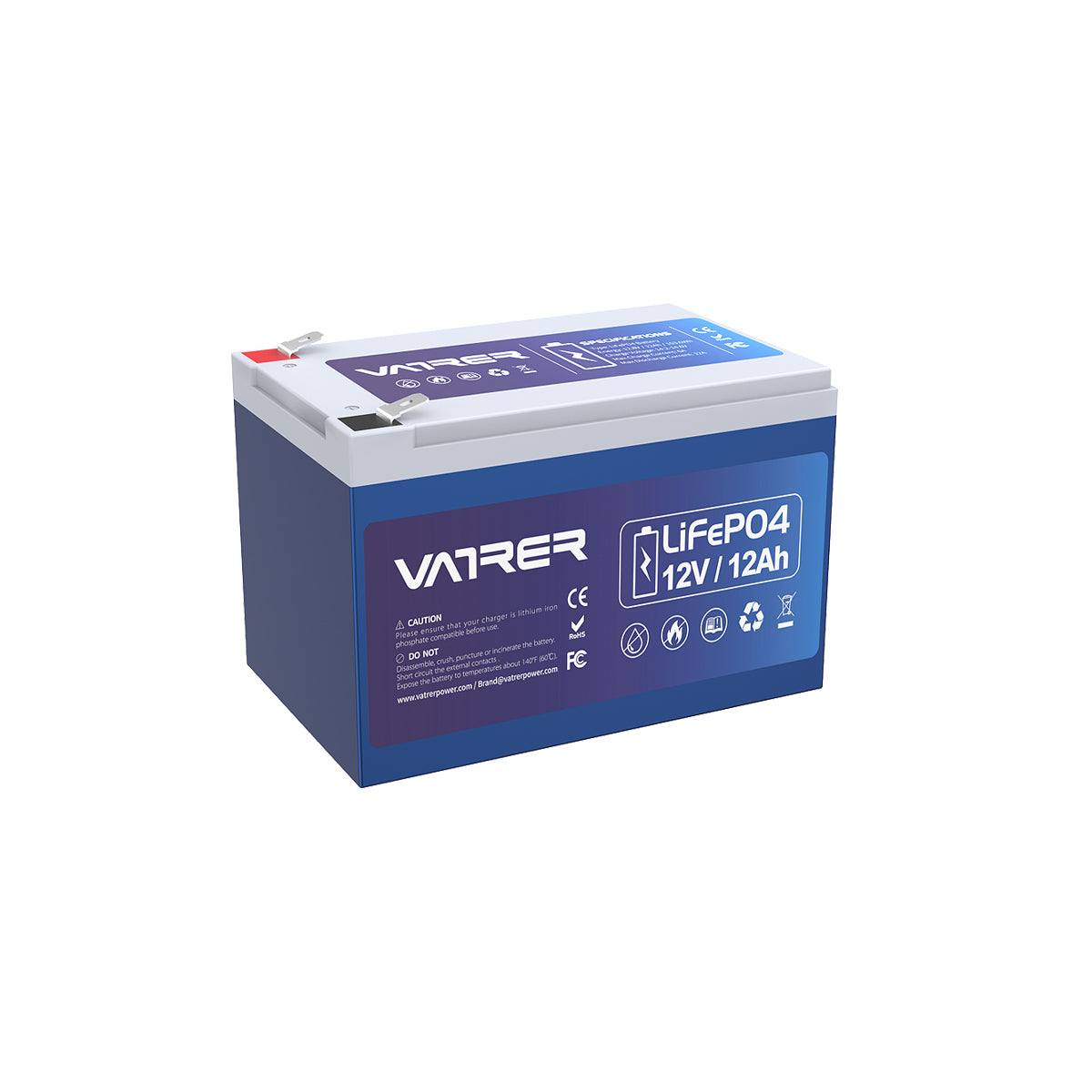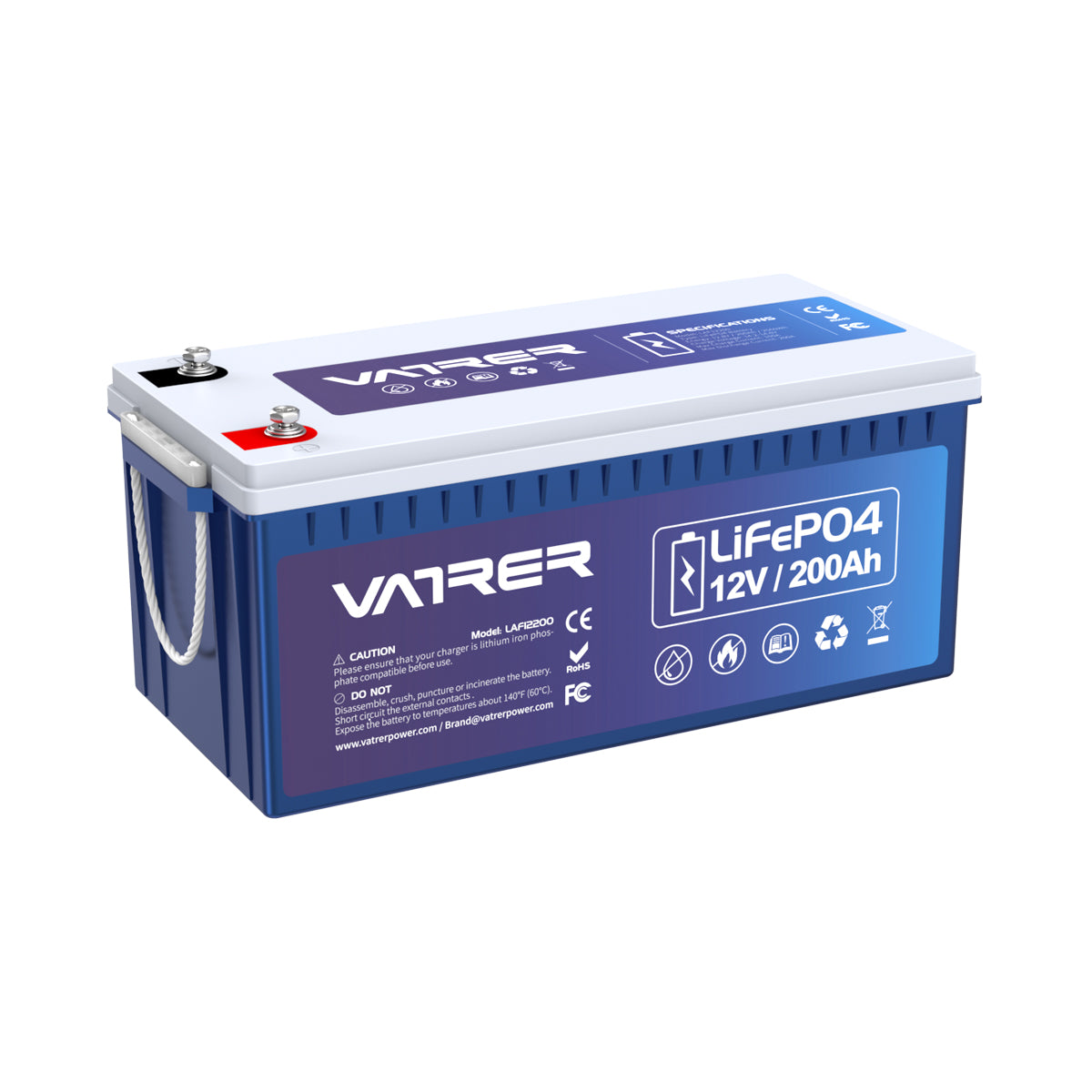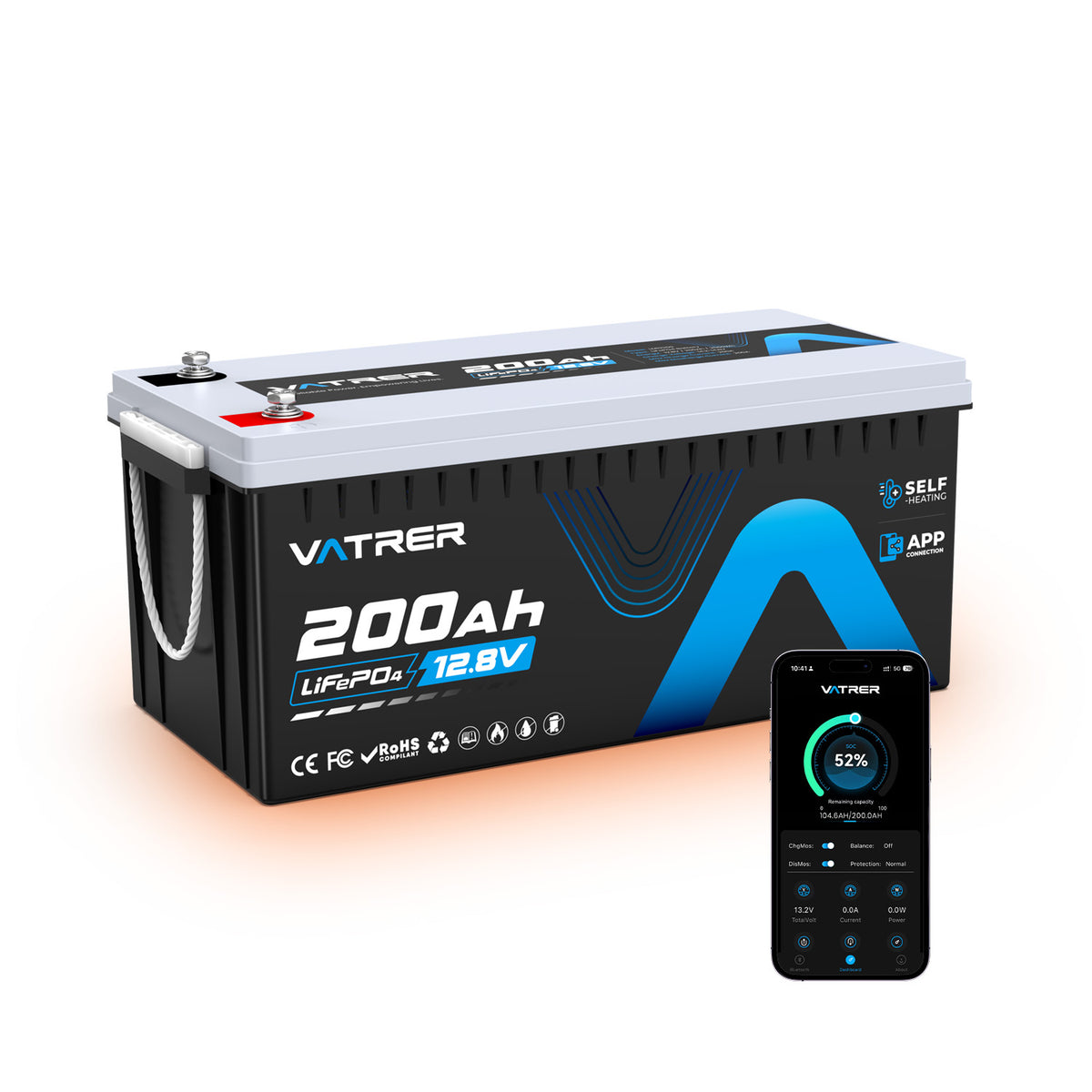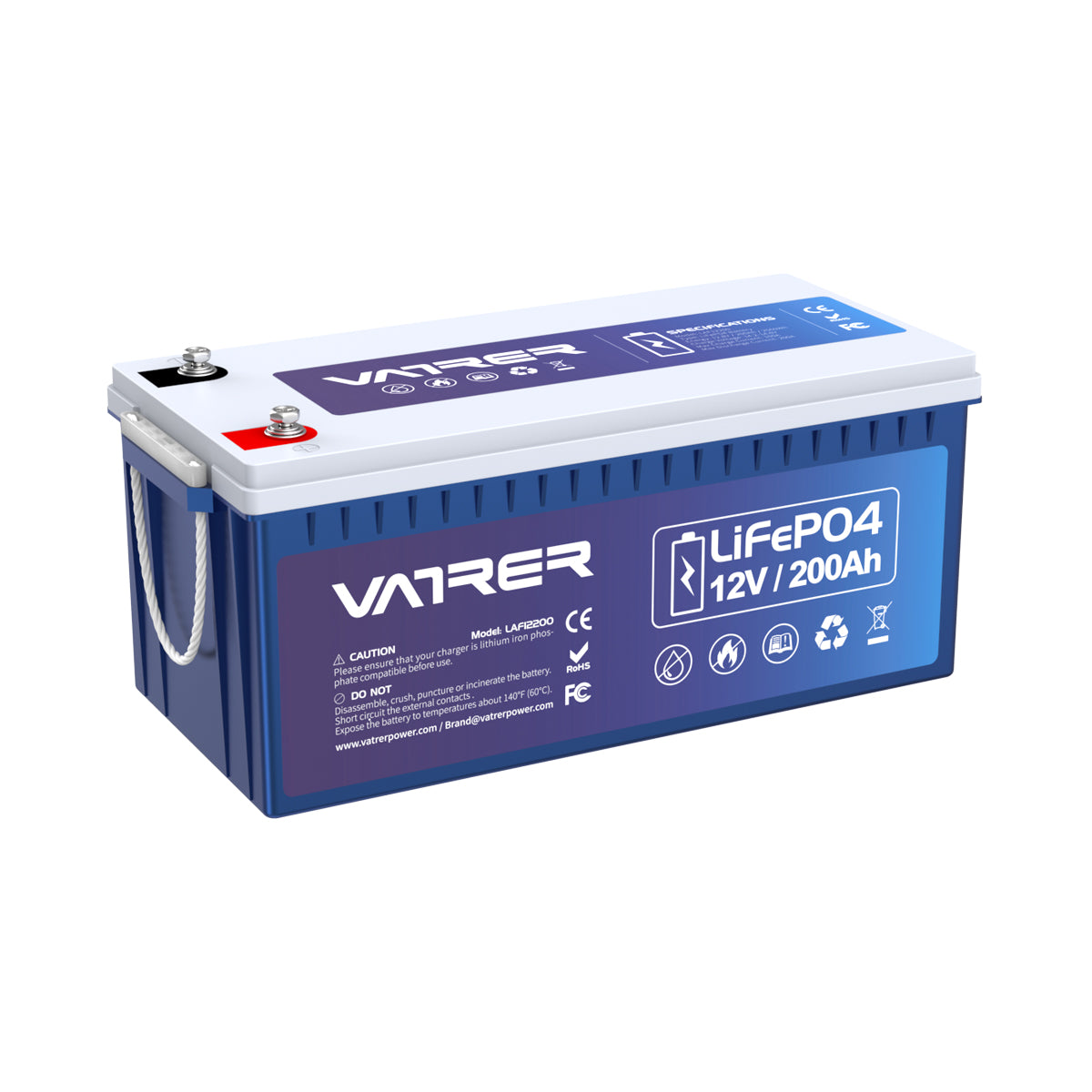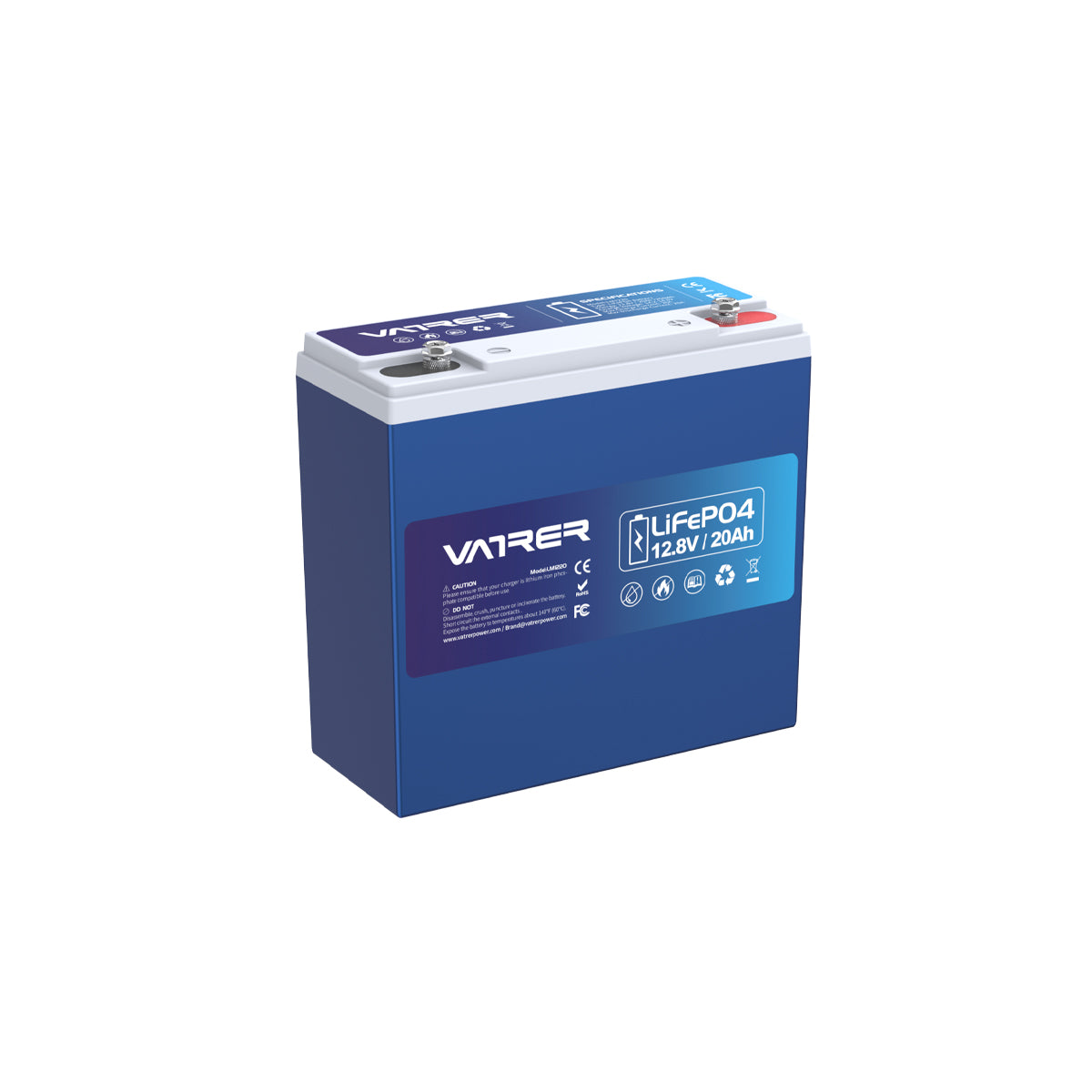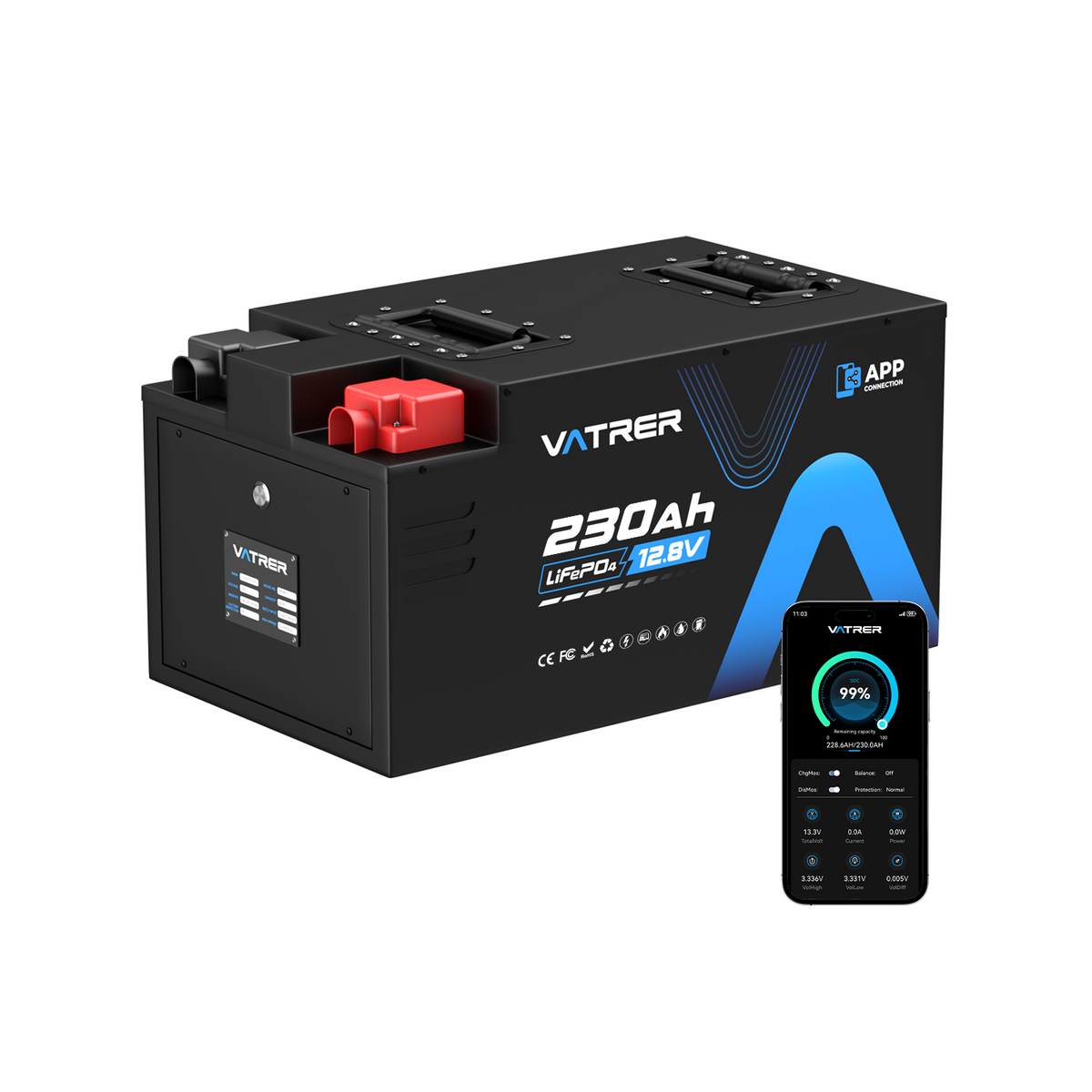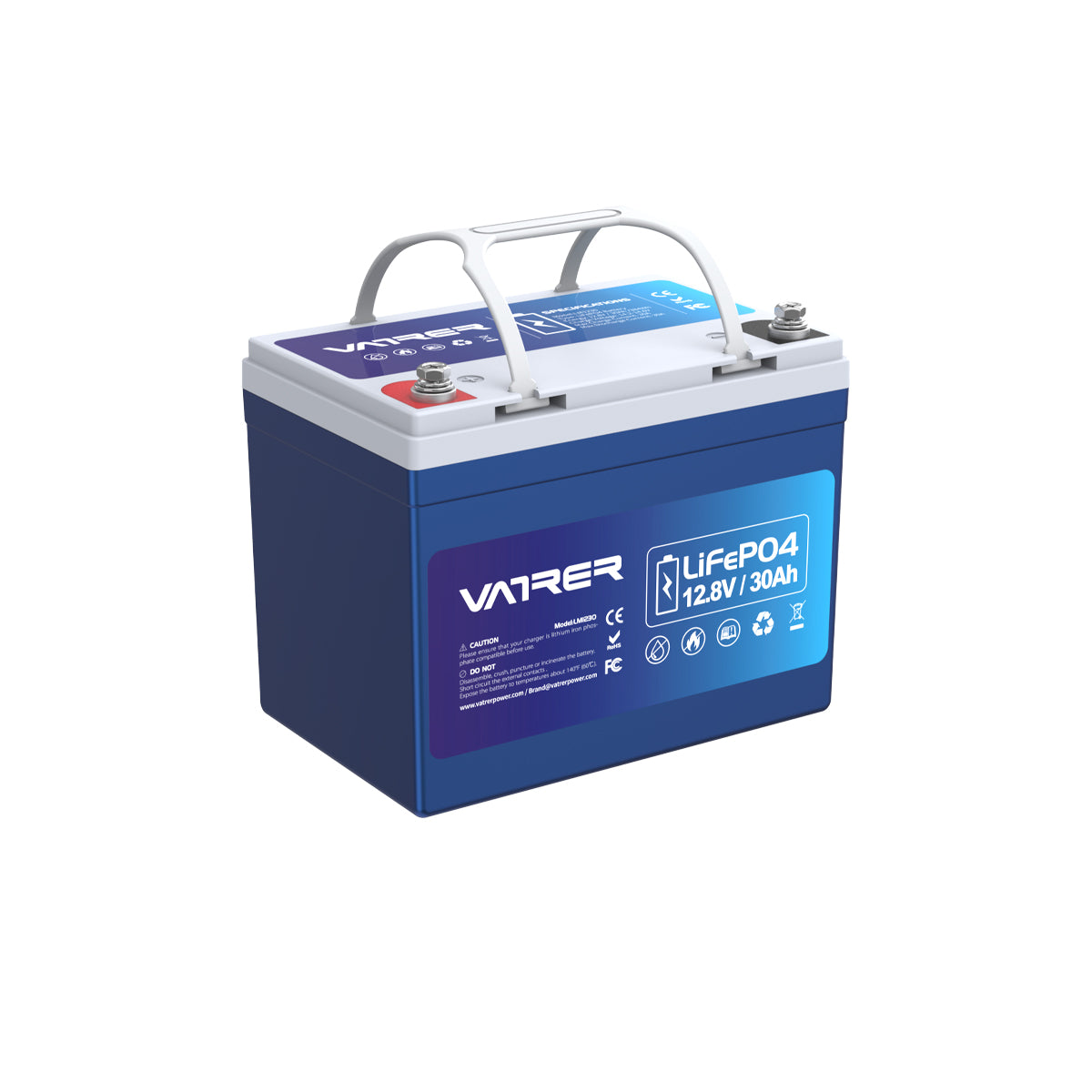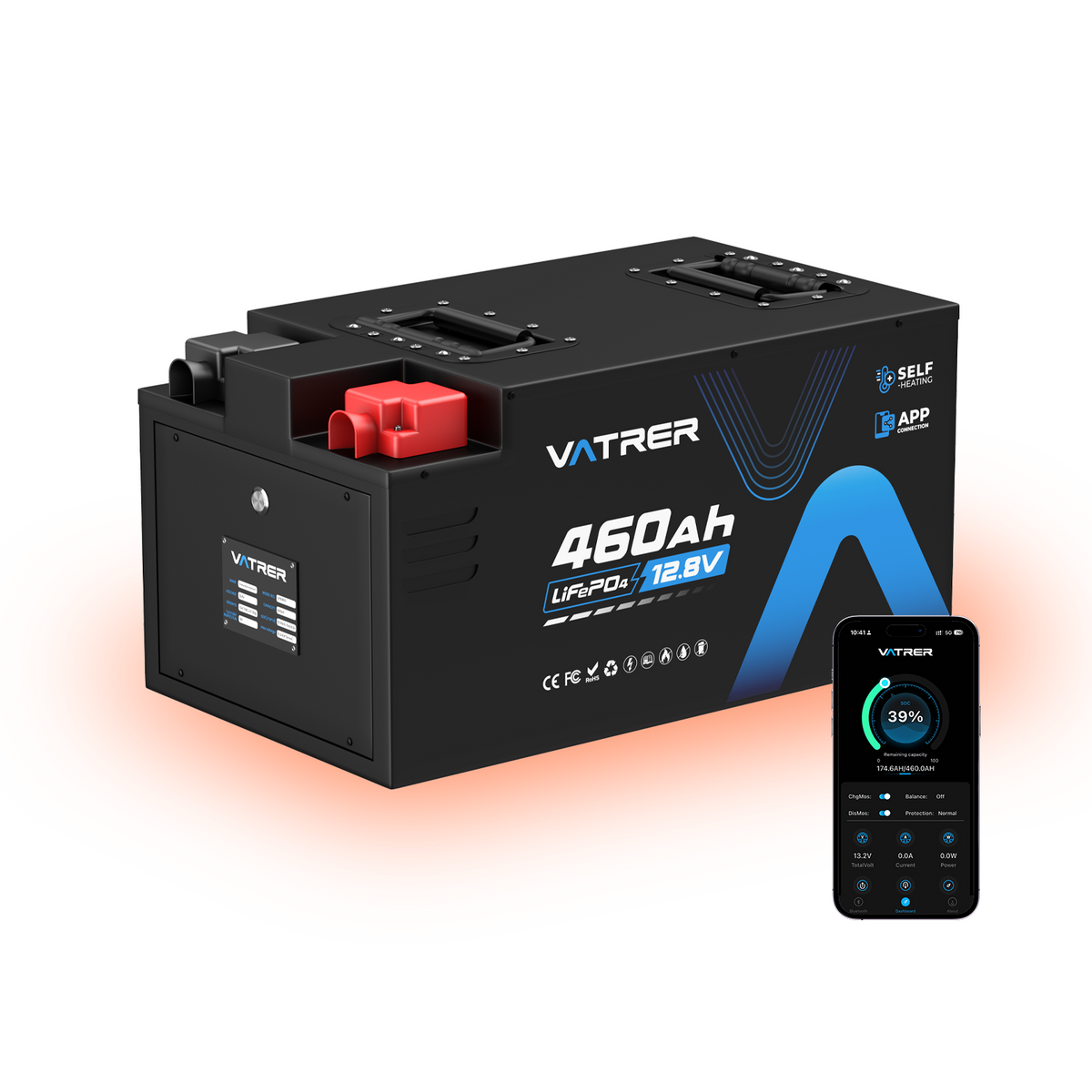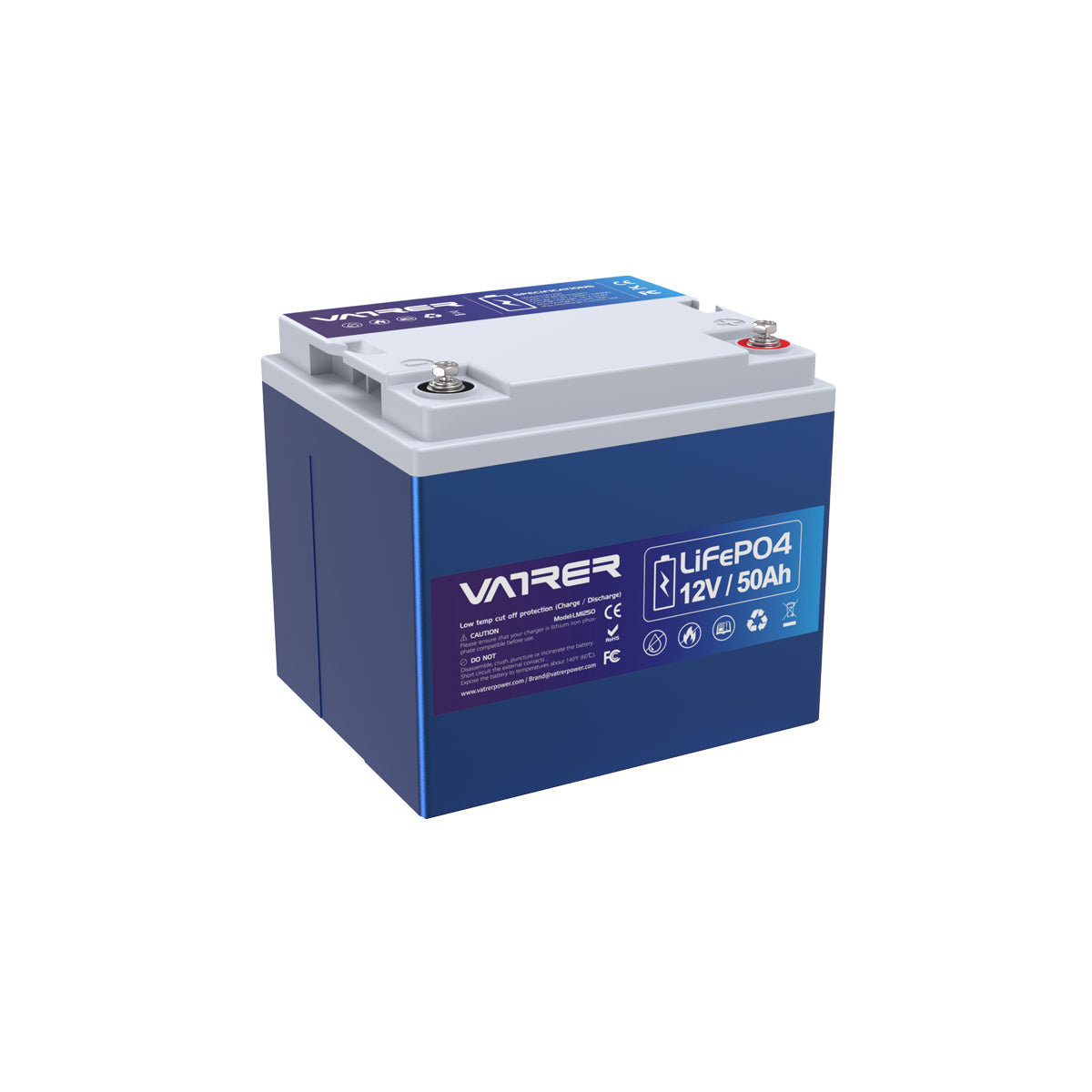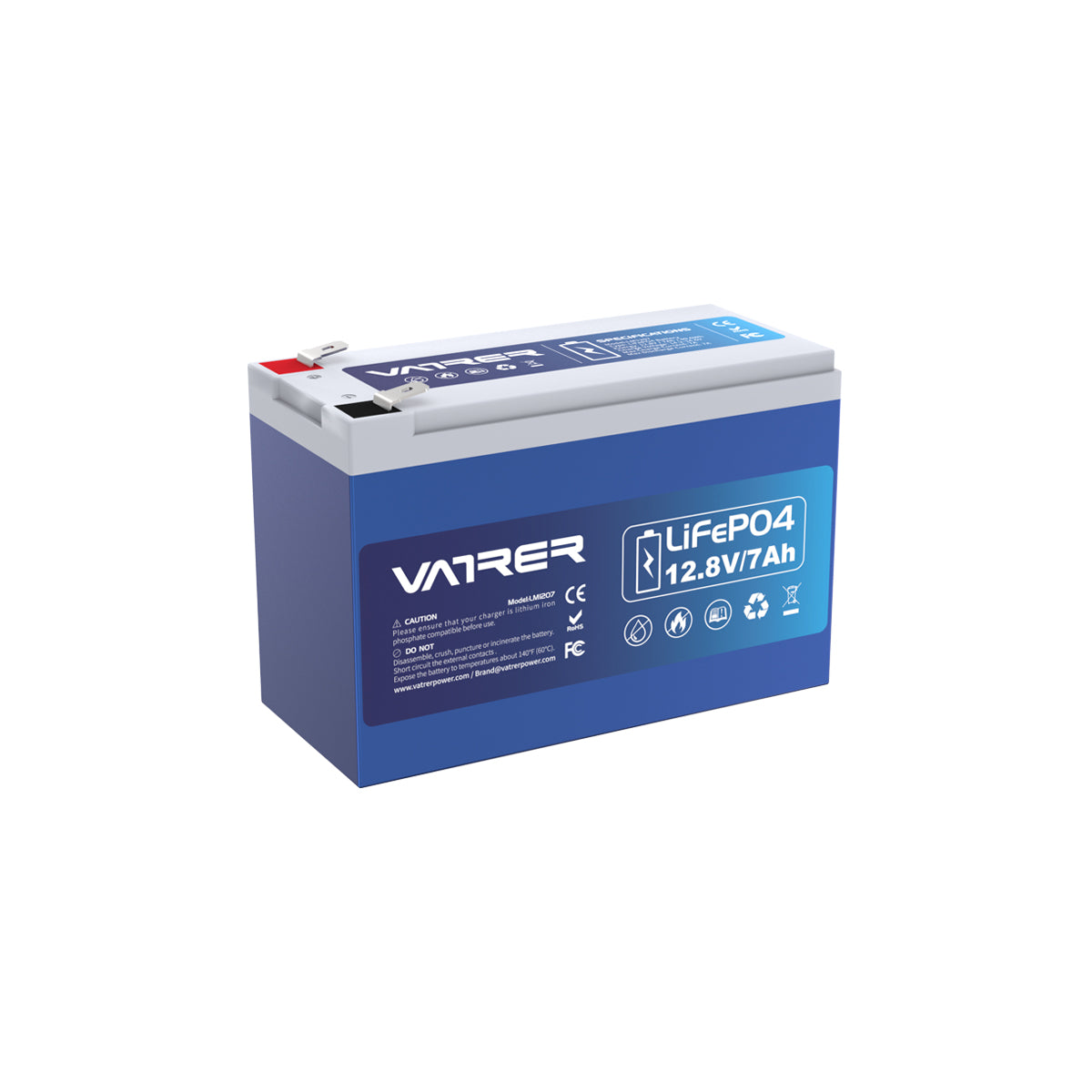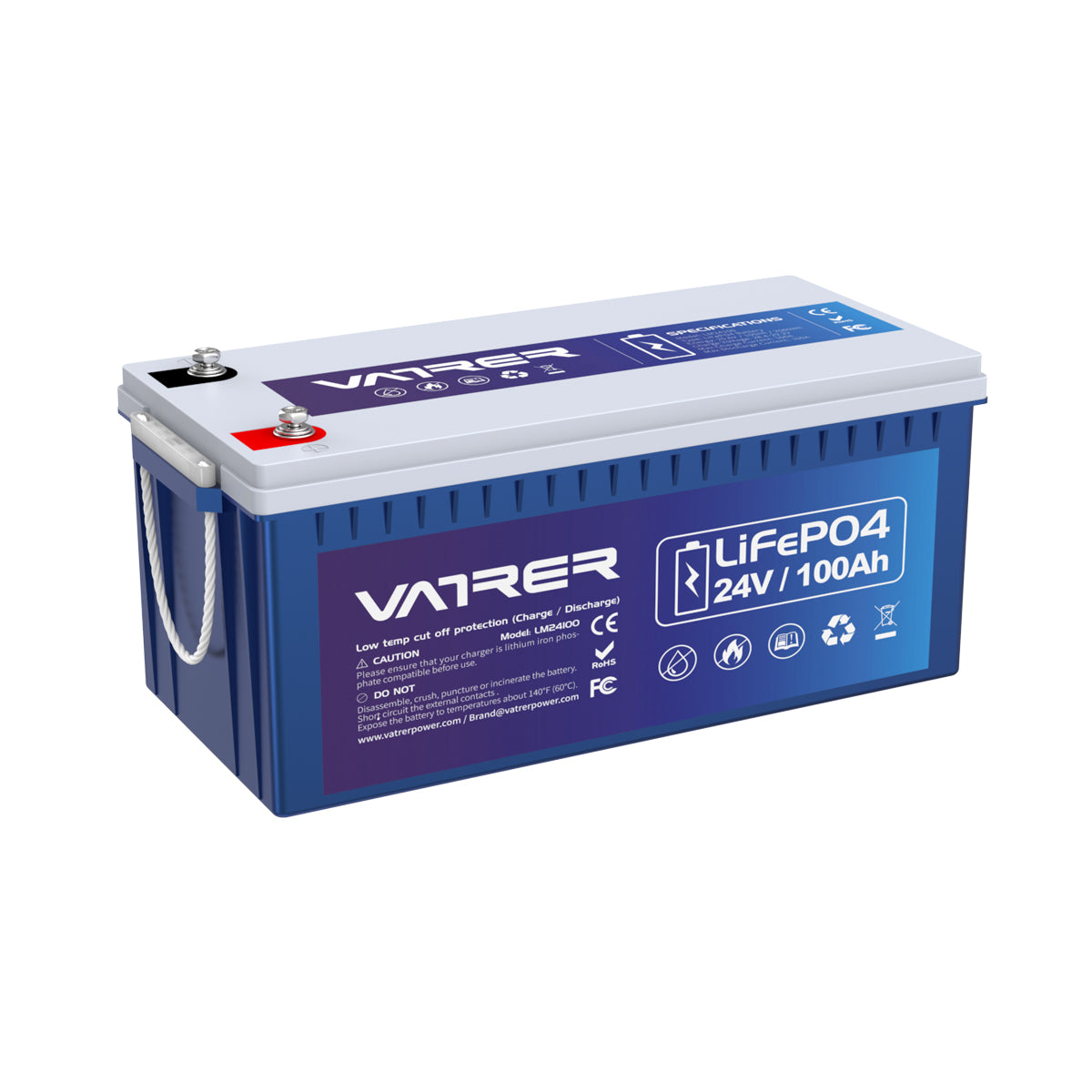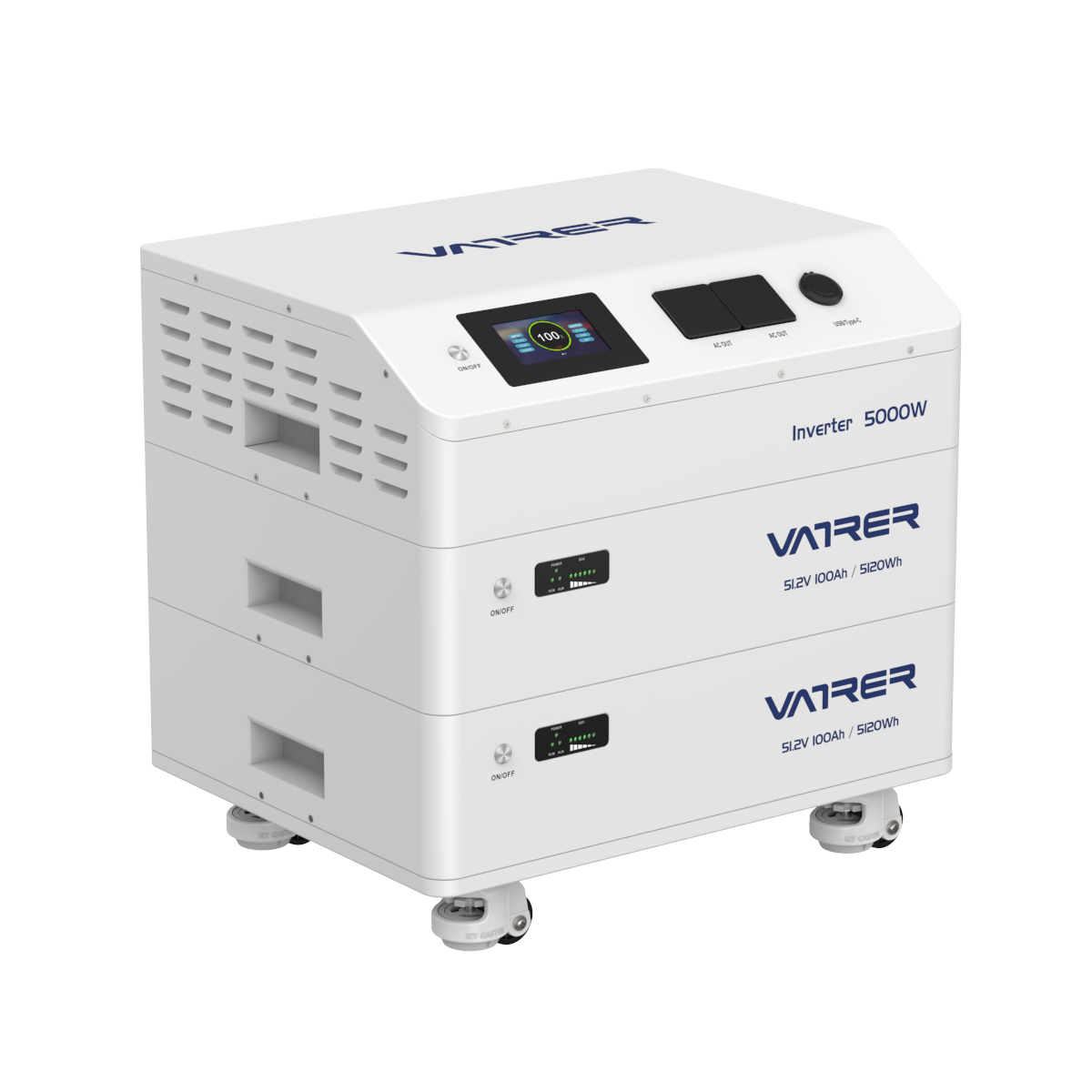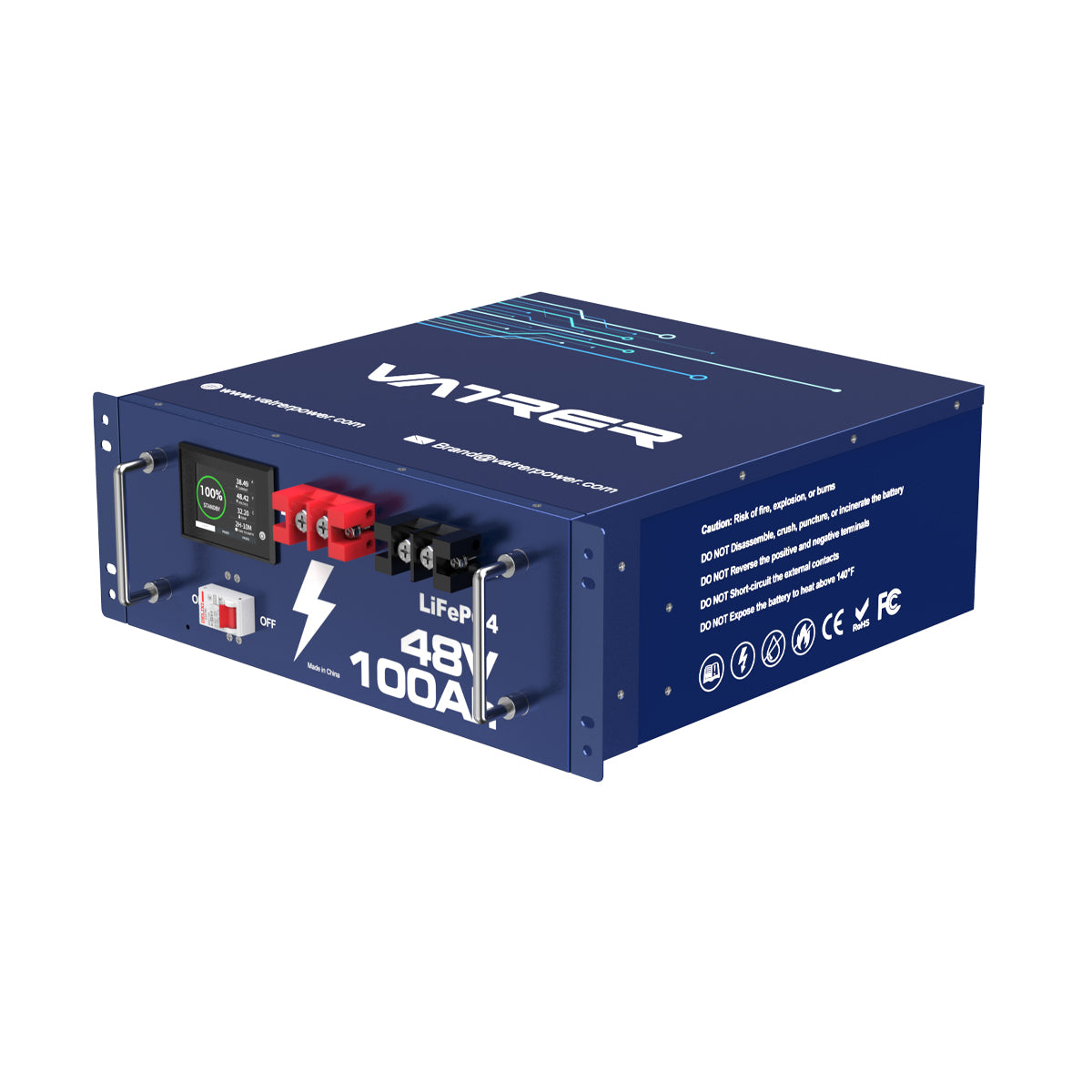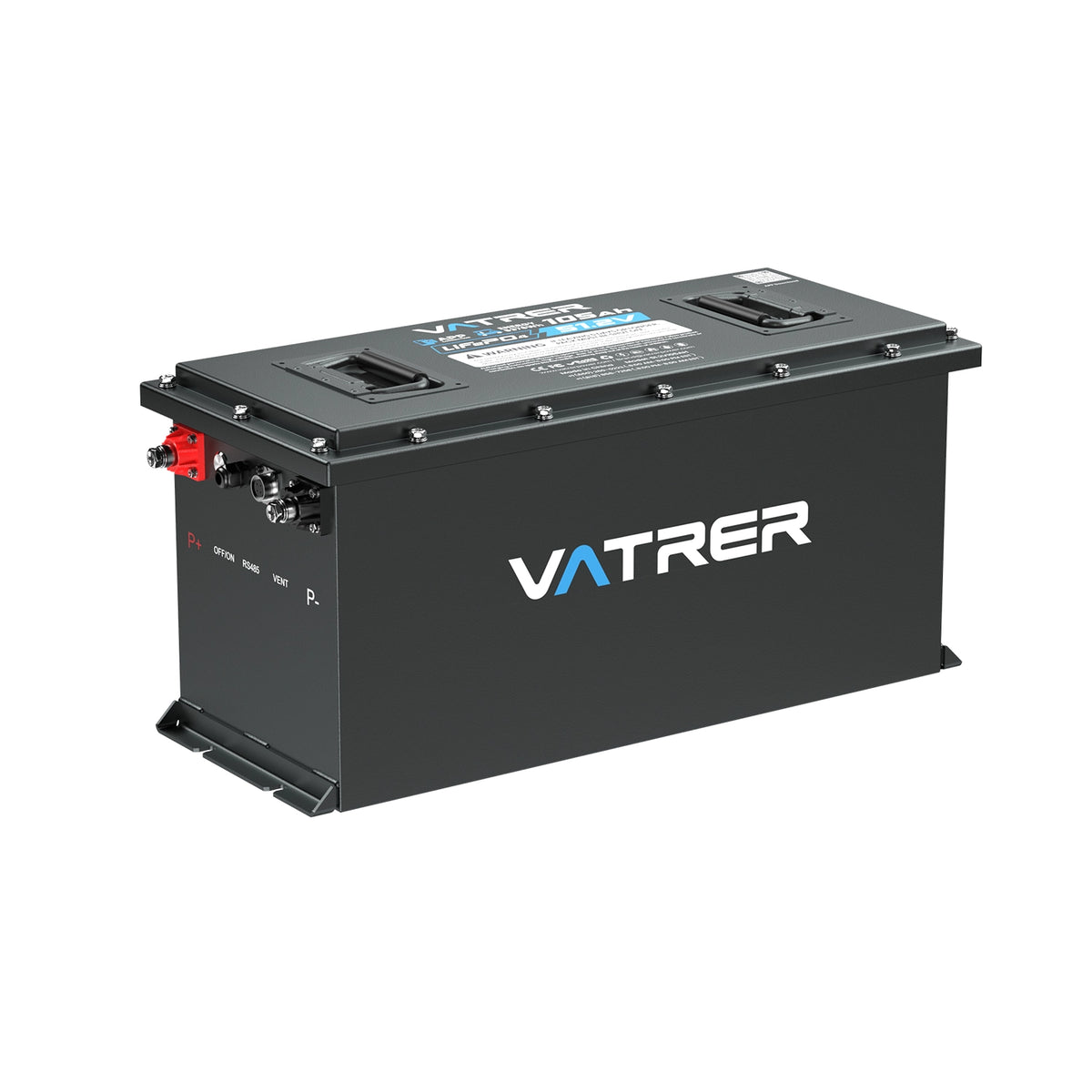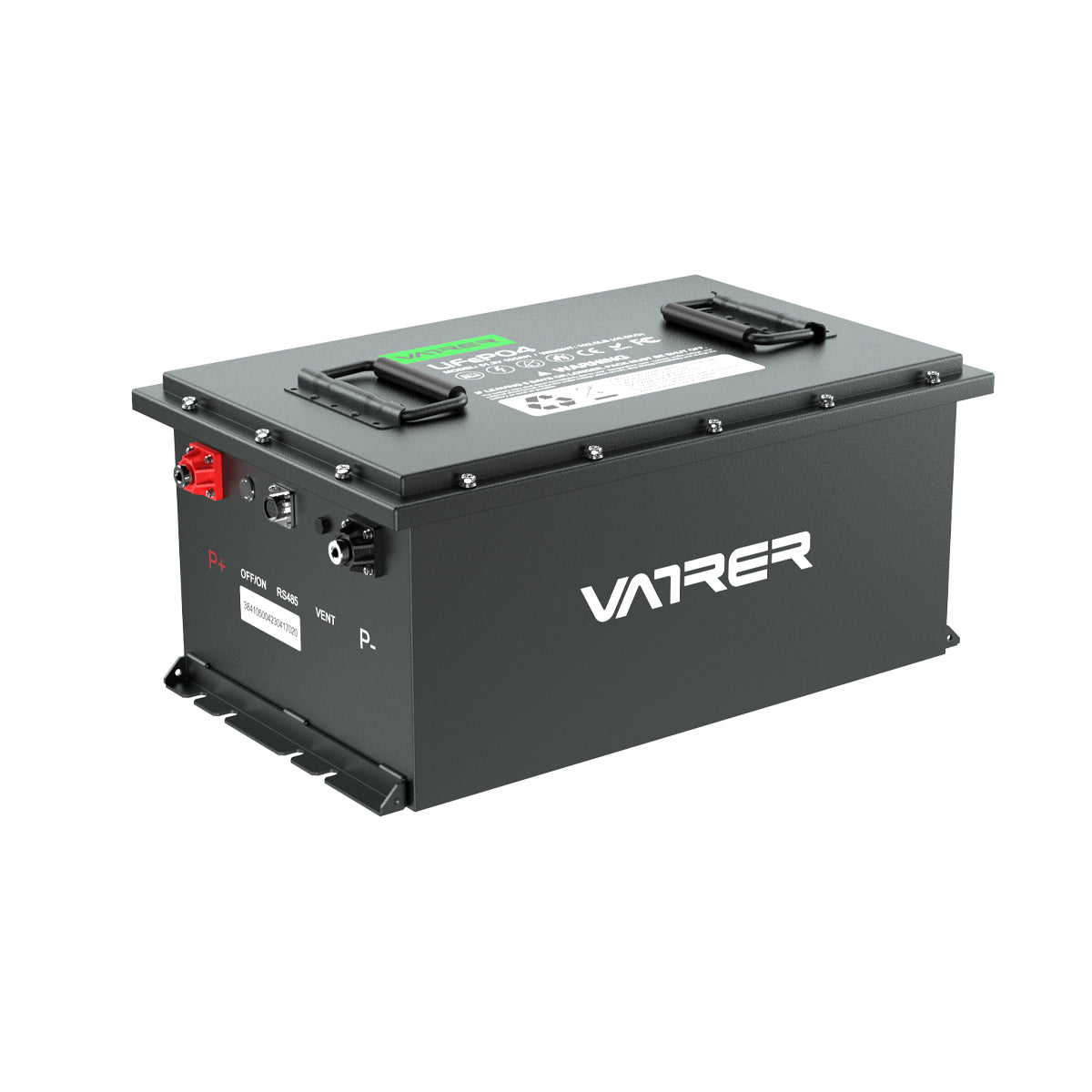Introduction
Welcome to our comprehensive guide on LFP (Lithium Iron Phosphate) batteries. LFP batteries have gained significant attention in recent years due to their superior performance, safety, and longevity. In this article, we will delve into the details of LFP batteries, discussing their composition, advantages, applications, and maintenance. By the end, you will have a thorough understanding of LFP batteries and their potential to revolutionize various industries.
Composition and Chemistry
LFP batteries, also known as LiFePO4 batteries, are a type of lithium-ion battery that utilizes lithium iron phosphate as the cathode material. The anode is typically made of carbon, and the electrolyte is a lithium salt dissolved in an organic solvent. This chemistry provides several unique advantages over other lithium-ion battery chemistries, such as enhanced safety and stability.

Advantages of LFP Batteries
LFP batteries offer numerous advantages that make them an attractive choice for various applications:
a. Safety: LFP batteries have a high thermal stability and are inherently more resistant to thermal runaway and overheating, reducing the risk of fire or explosion.
b. Longevity: LFP batteries have an impressive lifespan, capable of providing over 2000 charging cycles without significant capacity degradation. This longevity makes them ideal for applications requiring frequent charging and discharging.
c. High Energy Efficiency: LFP batteries have excellent energy efficiency, typically above 95%. This means less energy is wasted during charging and discharging, resulting in improved overall battery performance.
d. Fast Charging: LFP batteries can handle high charging currents, allowing for faster charging times compared to other lithium-ion battery chemistries. Rapid charging is particularly advantageous in applications where downtime needs to be minimized.
e. Wide Temperature Range: LFP batteries have a wider operating temperature range compared to other lithium-ion chemistries, making them suitable for extreme environments.
Applications of LFP Batteries
LFP batteries find applications in various industries and sectors, including:
a. Electric Vehicles (EVs): LFP batteries are increasingly used in electric vehicles due to their safety, longevity, and high power output capabilities. They offer a longer lifespan, faster charging, and improved range compared to other battery chemistries.
b. Renewable Energy Storage: LFP batteries are commonly employed in renewable energy storage systems, such as solar and wind power installations. Their ability to store large amounts of energy, coupled with their long lifespan, makes them an ideal choice for grid-level energy storage.
c. Marine and RV Applications: LFP batteries are gaining popularity in marine and RV applications due to their lightweight design, longer lifespan, and ability to provide consistent power in demanding environments.
d. Telecom and UPS Systems: LFP batteries are used in telecommunications and Uninterruptible Power Supply (UPS) systems, where reliability, fast charging, and long lifespan are crucial.
Maintenance and Care
While LFP batteries are known for their low maintenance requirements, a few guidelines can help maximize their performance and lifespan:
a. Avoid Deep Discharges: LFP batteries perform best when operated within a state of charge (SoC) between 20% and 80%. Avoid deep discharges and recharge the batteries before reaching critically low levels.
b. Temperature Management: LFP batteries prefer moderate temperatures (around 25°C or 77°F). Avoid exposing them to extreme temperatures, as it may affect their performance and lifespan.
c. Proper Charging: Use a charger specifically designed for LFP batteries to ensure optimal charging. Avoid overcharging or undercharging, as it can impact battery performance and longevity.
d. Regular Inspection: Periodically inspect the battery for any signs of damage or corrosion. Clean the terminals if necessary and ensure proper connections.
Video: Understanding Lithium iron phosphate battery (LFP battery)
Conclusion
LFP batteries, with their superior safety, longevity, and performance characteristics, have emerged as a game-changer in the battery industry. Their advantages, including high energy efficiency, fast charging, and broad applications, make them an attractive choice for a wide range of industries, from electric vehicles to renewable energy storage. By understanding the composition, benefits, applications, and maintenance considerations of LFP batteries, you can harness their potential and unlock a new era of efficient and sustainable power storage.











